A huge THANK YOU to our incredible grounds and facilities crew for going above and beyond to ensure a safe return for our students and staff! 💪❄️
Busted hoses, faulty snow blowers, and transmissions on the fritz? Not even close to enough to stop them from getting the job done! Their dedication and hard work across all of our buildings —
🐏 @WHChestnut
🐏 @CornwellAveES
🐏 @WHGWashington
🐏 @wh_secondary
— is a true testament to what we're all about. #WHe are so grateful for everything you do behind the scenes to keep our school community safe!
#RamPride #WheRiseTogether #ThankYou #Unsung 🦸

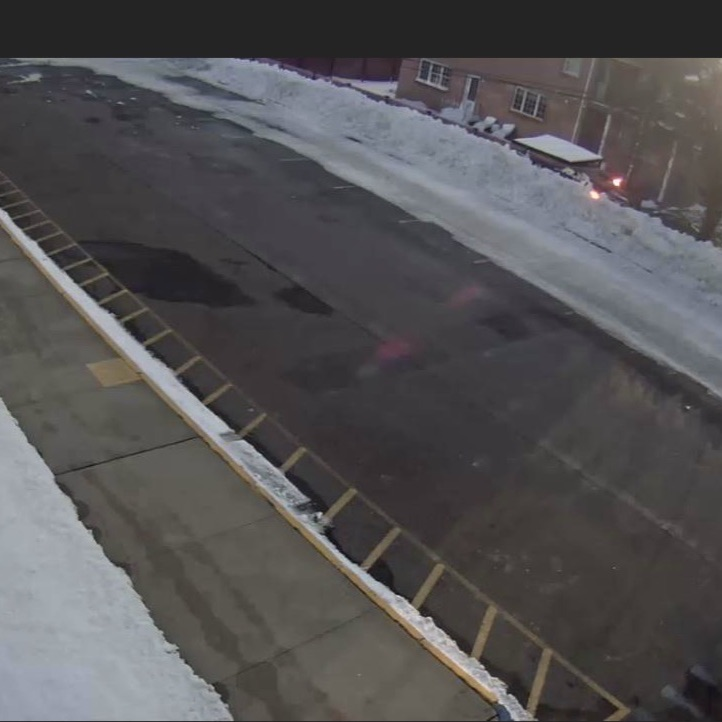
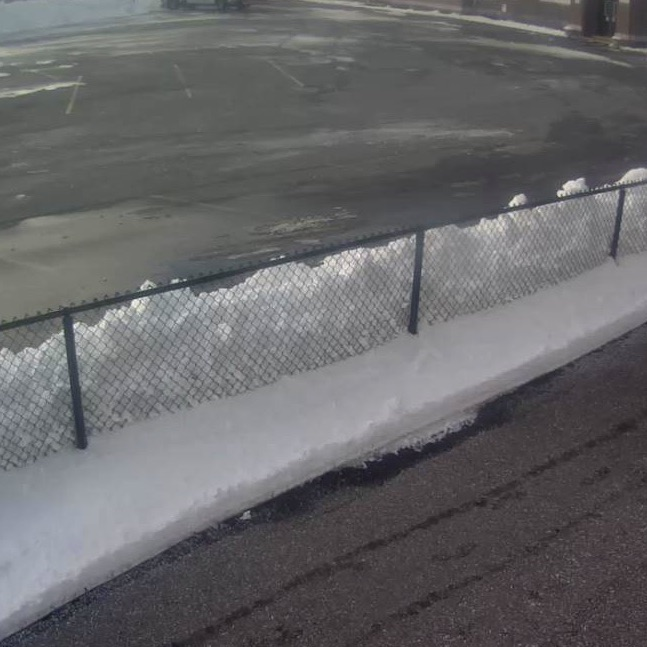

2026 - 2027 District Calendar
#WHeRiseTogether
#WHeRiseTogether
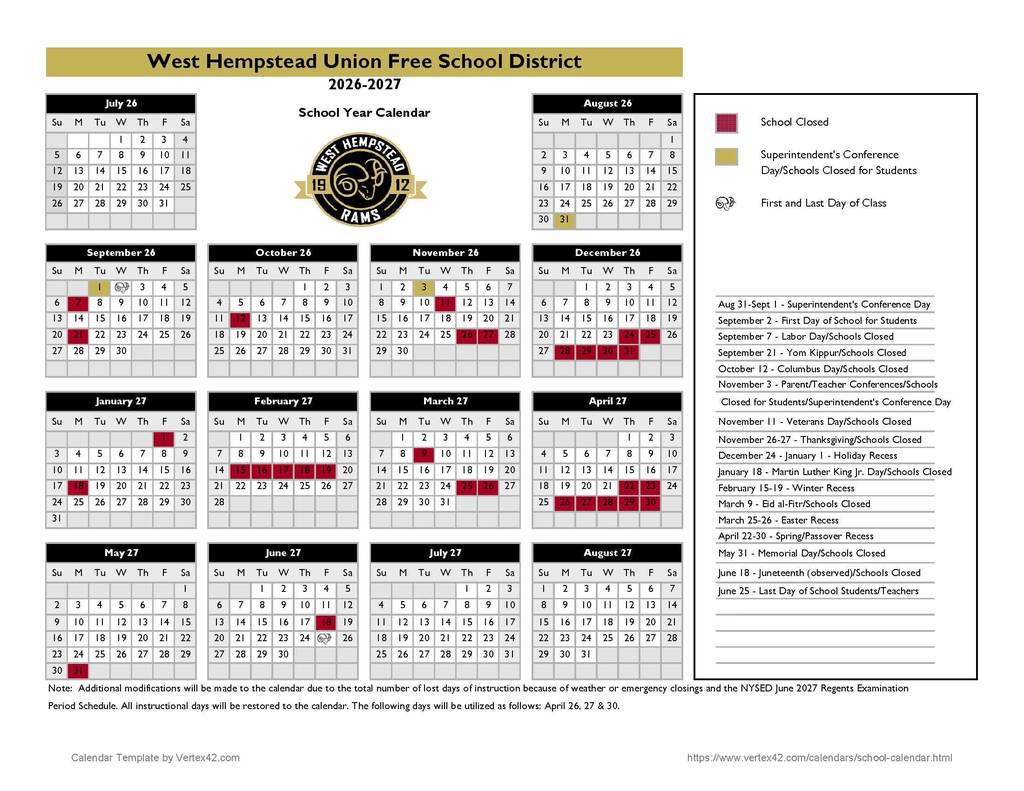
Energy Performance Contract Approved: $12.86M Facilities Upgrade with Zero Tax Impact
The West Hempstead Union Free School District is pleased to announce the approval of a comprehensive Energy Performance Contract (EPC)—a transformative facilities modernization project that will upgrade aging infrastructure, improve student and staff comfort, and dramatically reduce energy costs without any new capital funding or tax increase.
Project Overview
The EPC represents a $12.86 million investment in our schools, addressing critical mechanical systems, energy efficiency, and sustainability goals. Through guaranteed energy savings and rebates totaling $1.57 million, the District will fund these essential upgrades over an 18-year term while realizing $556,000 in average annual savings and reducing energy consumption by 54%.
Scope of Work
This district-wide project includes:
Mechanical & Heating System Improvements: Replacement of aging boilers and domestic hot water systems, fuel switching for improved efficiency, new rooftop units and ventilators, and system optimizations
Building Controls & Energy Management: Upgraded automation systems for better temperature, ventilation, and humidity control, plus enhanced monitoring to reduce waste
Building Envelope & Infrastructure: Targeted improvements to insulation, system efficiency, and correction of deferred maintenance items
Renewable Energy & Lighting: Over $4.39 million in rooftop solar installations across district buildings and new energy-efficient LED exterior lighting
Benefits to Our Community
This budget-neutral project delivers multiple benefits:
Improved comfort and learning environments for students and staff
Increased reliability of mechanical systems
Reduced operating costs and energy consumption
Lower environmental impact and greenhouse gas emissions
Long-term infrastructure improvements without new capital debt
Timeline
Installation is expected to take approximately 18 months. Energy Systems Group (ESG) will deliver this as a turnkey solution, coordinating design, construction, incentives, and verification while guaranteeing performance throughout the project term.
West Hempstead's Energy Performance Contract represents our commitment to fiscal responsibility, environmental stewardship, and providing safe, comfortable learning environments for our students—today and for years to come.
The West Hempstead Union Free School District is pleased to announce the approval of a comprehensive Energy Performance Contract (EPC)—a transformative facilities modernization project that will upgrade aging infrastructure, improve student and staff comfort, and dramatically reduce energy costs without any new capital funding or tax increase.
Project Overview
The EPC represents a $12.86 million investment in our schools, addressing critical mechanical systems, energy efficiency, and sustainability goals. Through guaranteed energy savings and rebates totaling $1.57 million, the District will fund these essential upgrades over an 18-year term while realizing $556,000 in average annual savings and reducing energy consumption by 54%.
Scope of Work
This district-wide project includes:
Mechanical & Heating System Improvements: Replacement of aging boilers and domestic hot water systems, fuel switching for improved efficiency, new rooftop units and ventilators, and system optimizations
Building Controls & Energy Management: Upgraded automation systems for better temperature, ventilation, and humidity control, plus enhanced monitoring to reduce waste
Building Envelope & Infrastructure: Targeted improvements to insulation, system efficiency, and correction of deferred maintenance items
Renewable Energy & Lighting: Over $4.39 million in rooftop solar installations across district buildings and new energy-efficient LED exterior lighting
Benefits to Our Community
This budget-neutral project delivers multiple benefits:
Improved comfort and learning environments for students and staff
Increased reliability of mechanical systems
Reduced operating costs and energy consumption
Lower environmental impact and greenhouse gas emissions
Long-term infrastructure improvements without new capital debt
Timeline
Installation is expected to take approximately 18 months. Energy Systems Group (ESG) will deliver this as a turnkey solution, coordinating design, construction, incentives, and verification while guaranteeing performance throughout the project term.
West Hempstead's Energy Performance Contract represents our commitment to fiscal responsibility, environmental stewardship, and providing safe, comfortable learning environments for our students—today and for years to come.
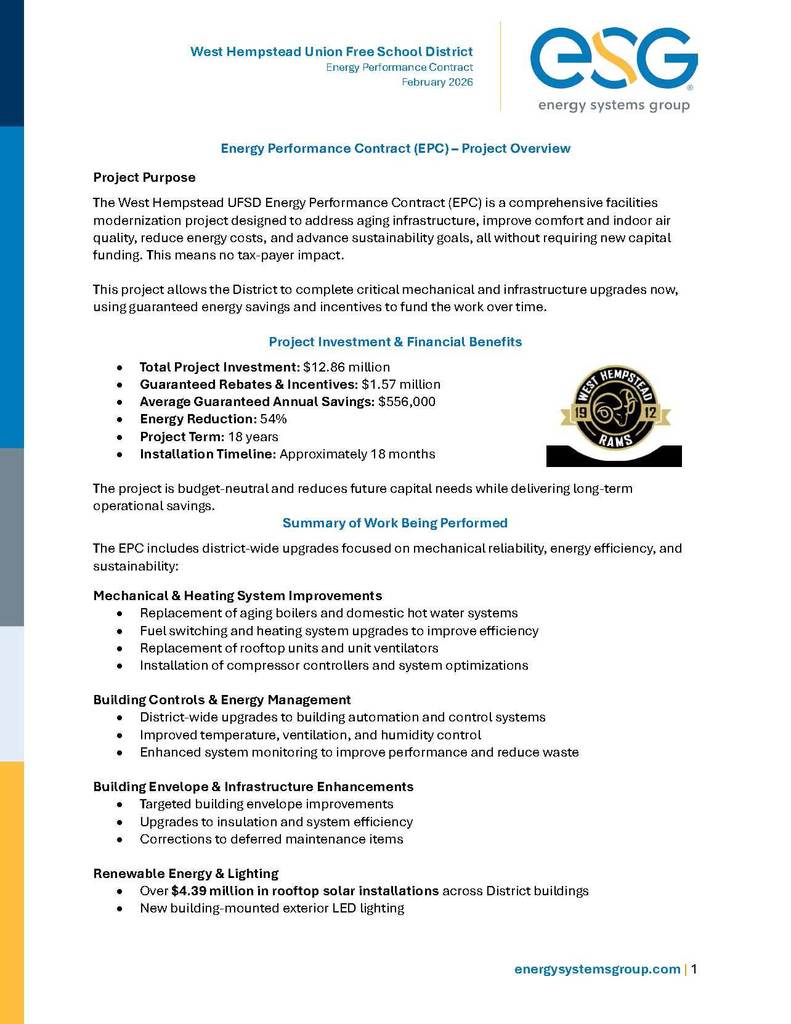
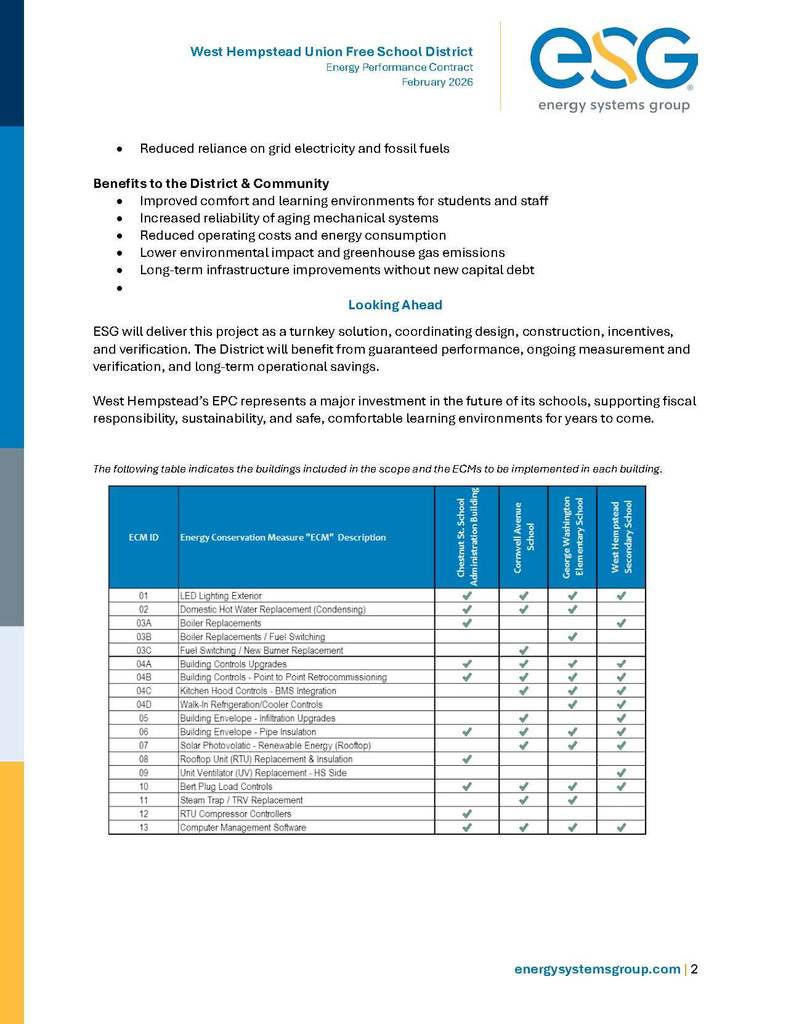
Our @WHChestnut kindergarteners @CornwellAveES primary students are shining bright! 🖤💛 From interactive learning to creative projects, WHe love seeing our students engaged and happy. #WHeRiseTogether
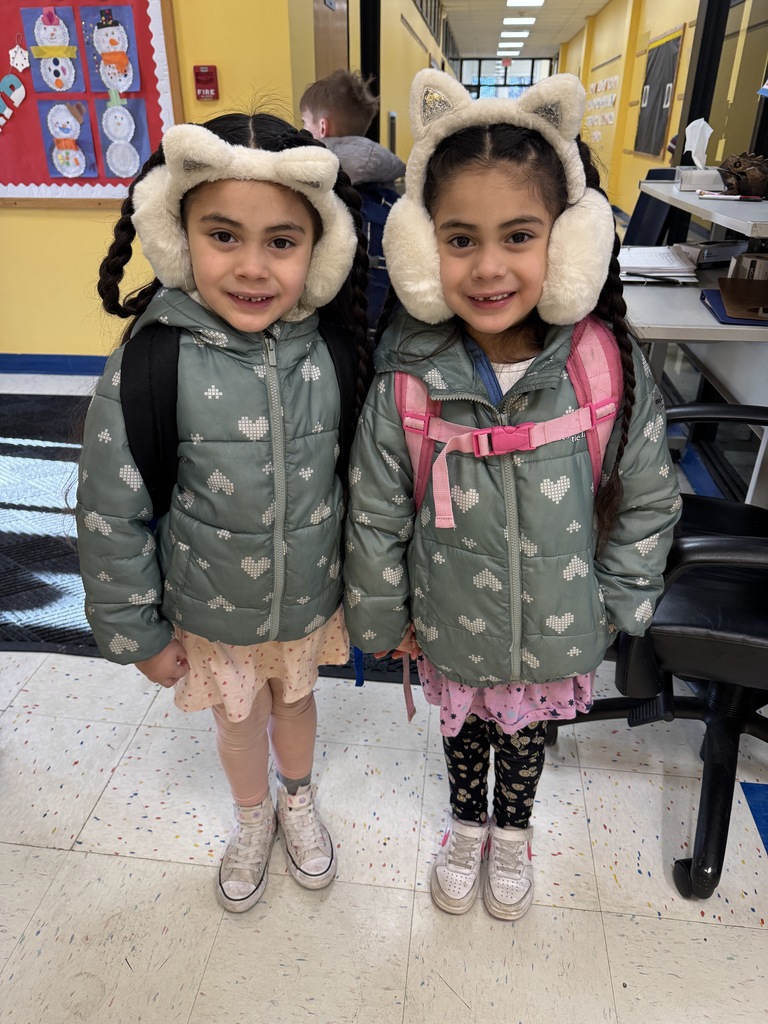
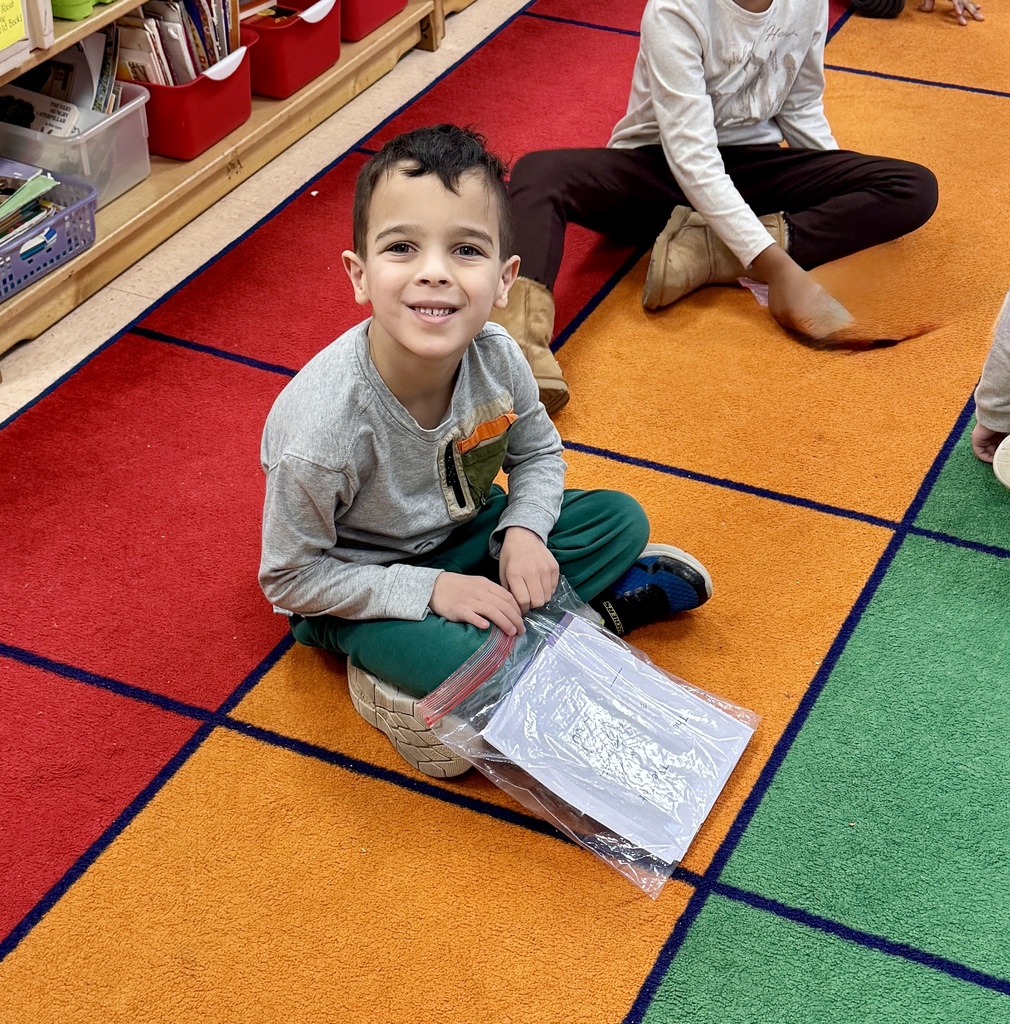
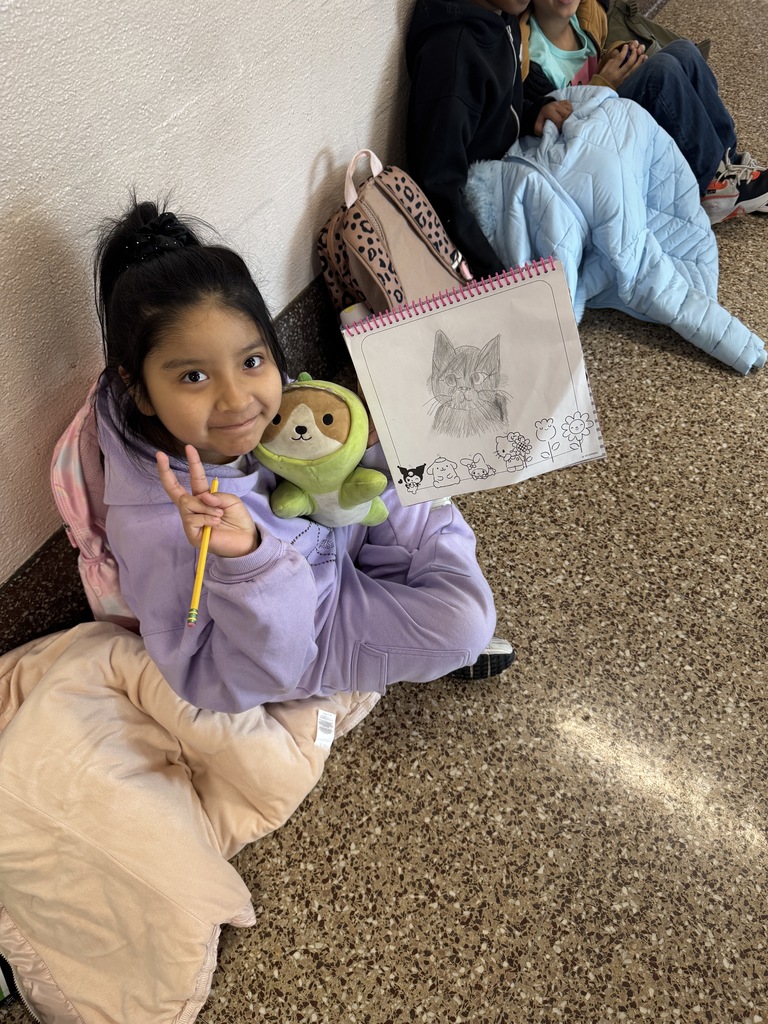
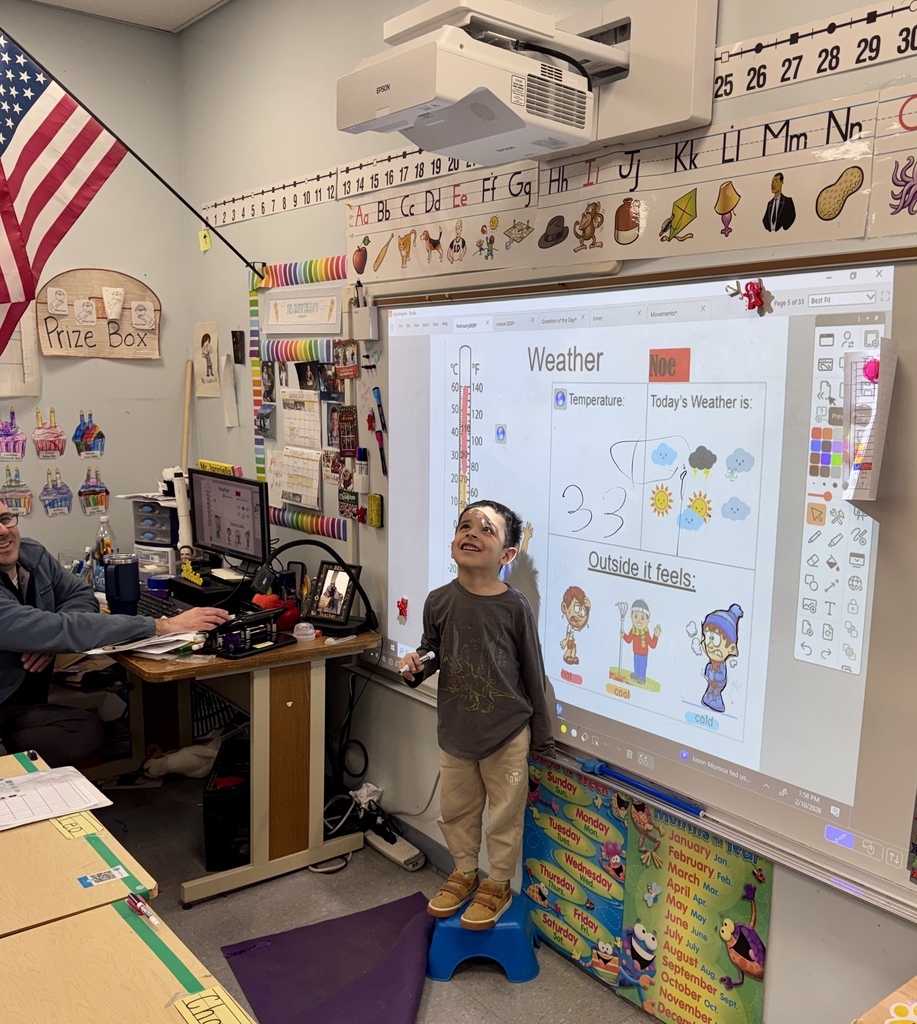
Your child is your whole heart. Cardiac arrest causes 10-15% of unexpected infant deaths. Learn CPR today so you can be ready and become part of the Nation of Lifesavers. heart.org/nation
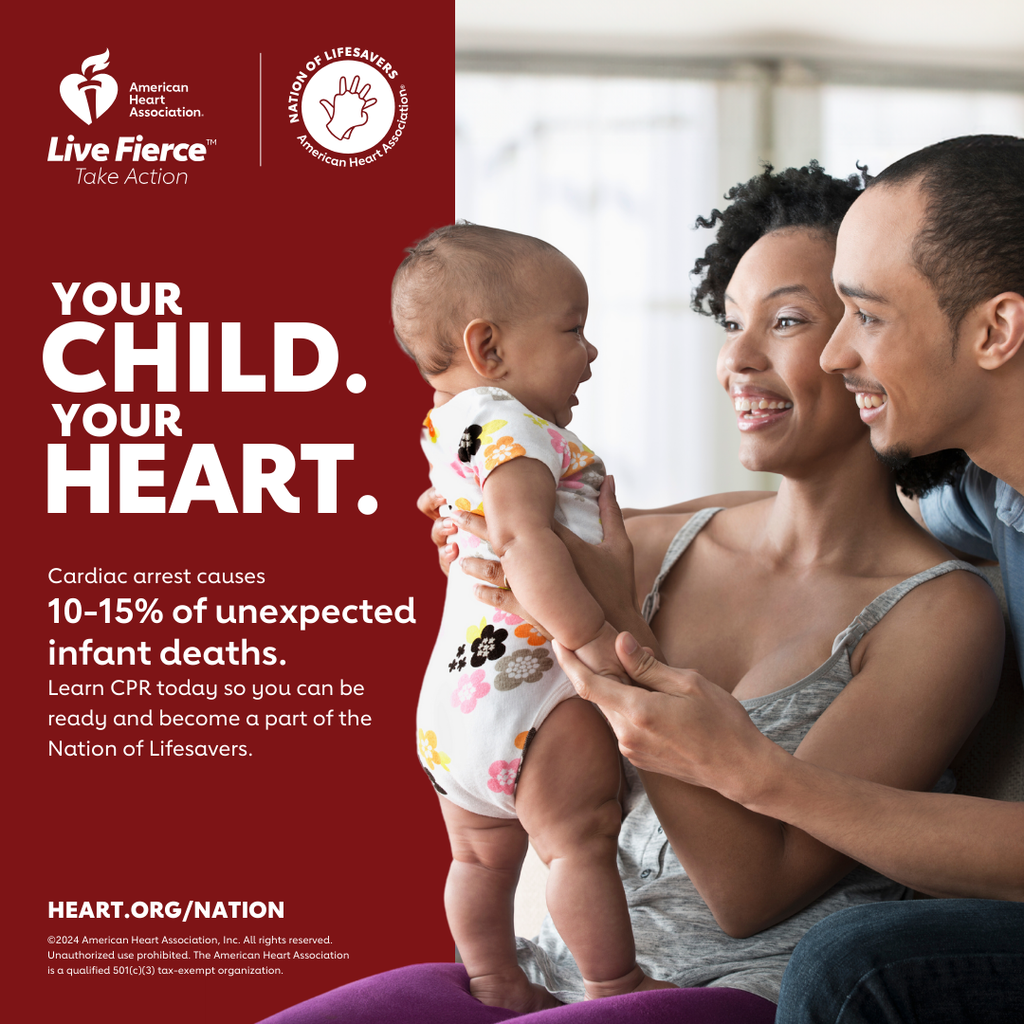
Join us TONIGHT at 8PM for "The Empowered Child" with Shimmy Trencher, LCSW! Learn about nurturing self-esteem & positive discipline. HANC Reinstein Campus, 240 Hempstead Ave. RSVP: dloike@hanc.org #WestHempstead #Parenting
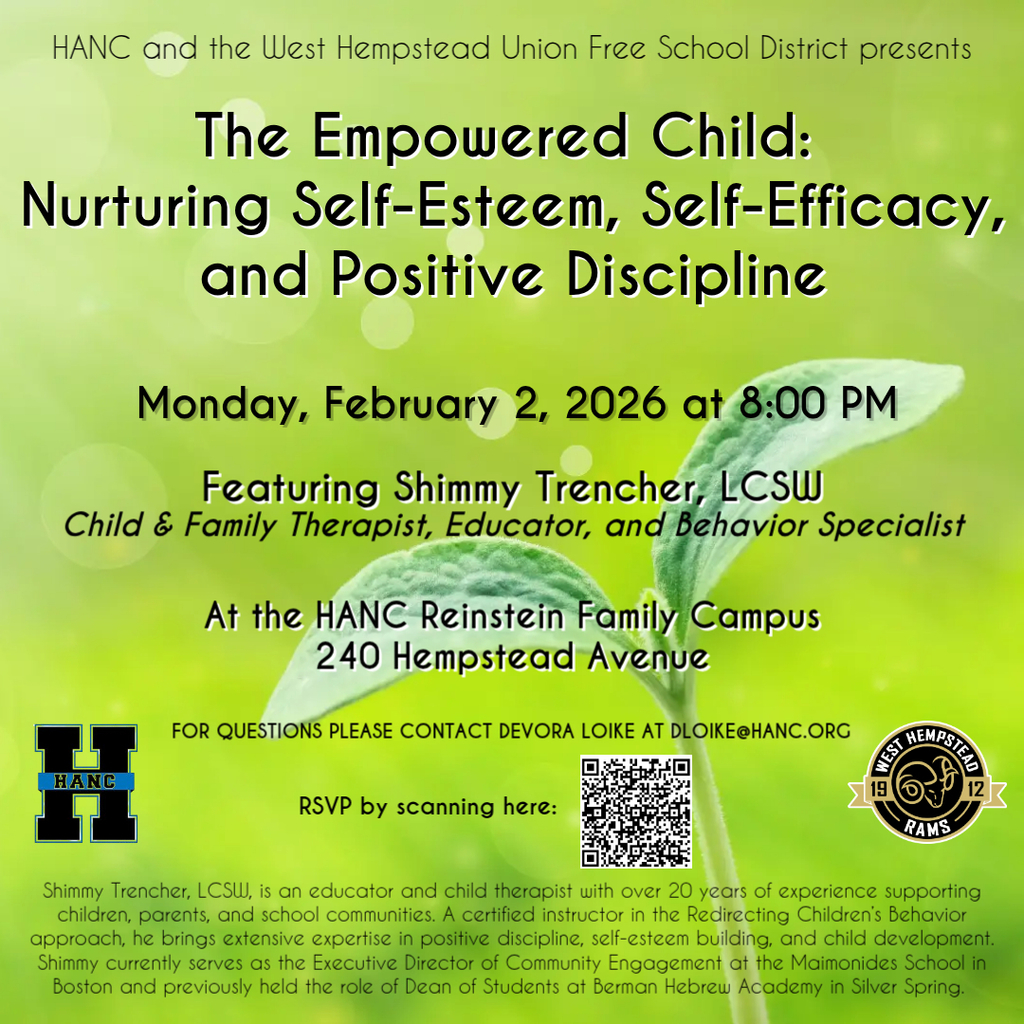
Join us Feb 2 at 8PM for "The Empowered Child" with Shimmy Trencher, LCSW! Learn about nurturing self-esteem & positive discipline. HANC Reinstein Campus, 240 Hempstead Ave. RSVP: dloike@hanc.org #WestHempstead #Parenting

A Week of Collaboration & Community 🖤💛
This week at @WHChestnut, @CornwellAveES, and @WHGWashington, the theme of teamwork, collaboration, and learning from one another came alive in powerful ways.
From welcoming new families to teaching foundational phonics skills, leading engaging morning meetings, beautifying learning spaces, and building reading proficiency, our elementary schools demonstrated what it truly means to be a learning community.
The takeaway? Education is a shared journey where everyone—students and adults alike—has something valuable to contribute and something meaningful to learn.
#WHe are #RamProud of the collaborative spirit that defines our elementary schools and grateful to the educators, staff, students, and families who make West Hempstead thrive.
Together, #WHeRiseTogether. 🐏
This week at @WHChestnut, @CornwellAveES, and @WHGWashington, the theme of teamwork, collaboration, and learning from one another came alive in powerful ways.
From welcoming new families to teaching foundational phonics skills, leading engaging morning meetings, beautifying learning spaces, and building reading proficiency, our elementary schools demonstrated what it truly means to be a learning community.
The takeaway? Education is a shared journey where everyone—students and adults alike—has something valuable to contribute and something meaningful to learn.
#WHe are #RamProud of the collaborative spirit that defines our elementary schools and grateful to the educators, staff, students, and families who make West Hempstead thrive.
Together, #WHeRiseTogether. 🐏
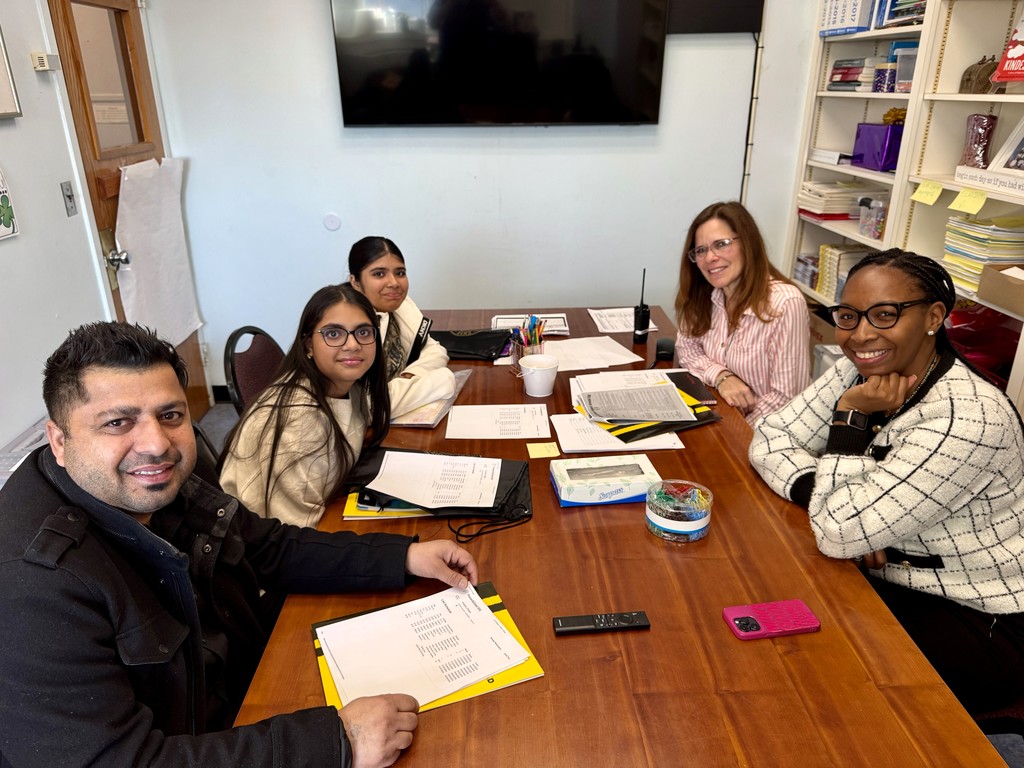
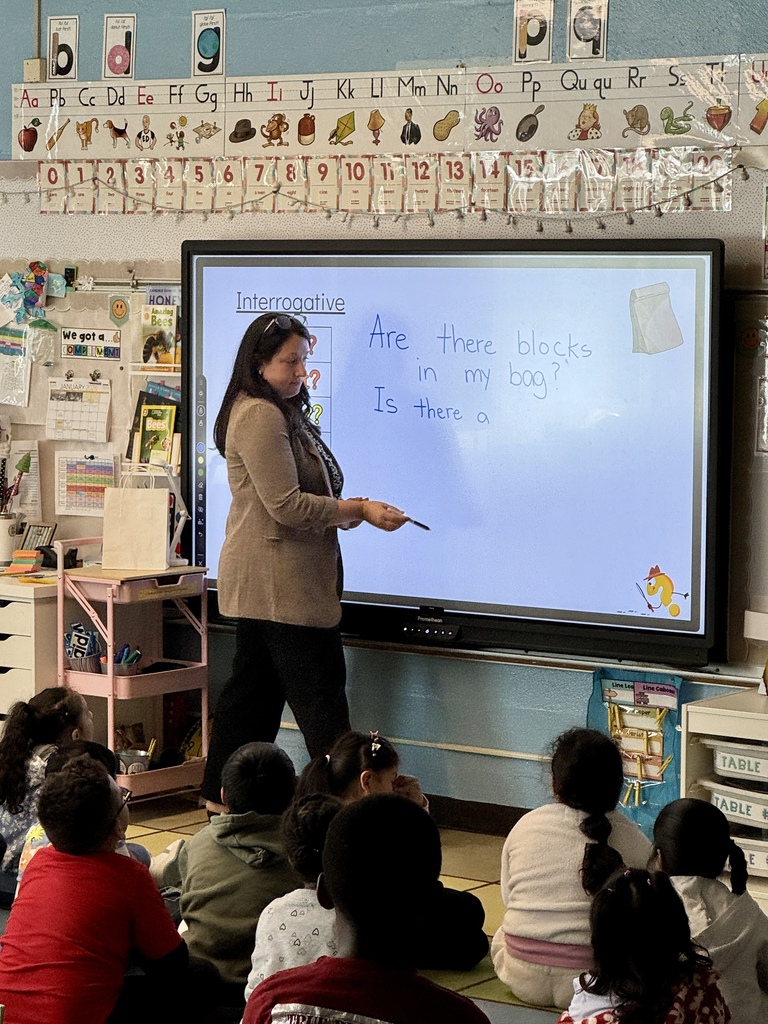
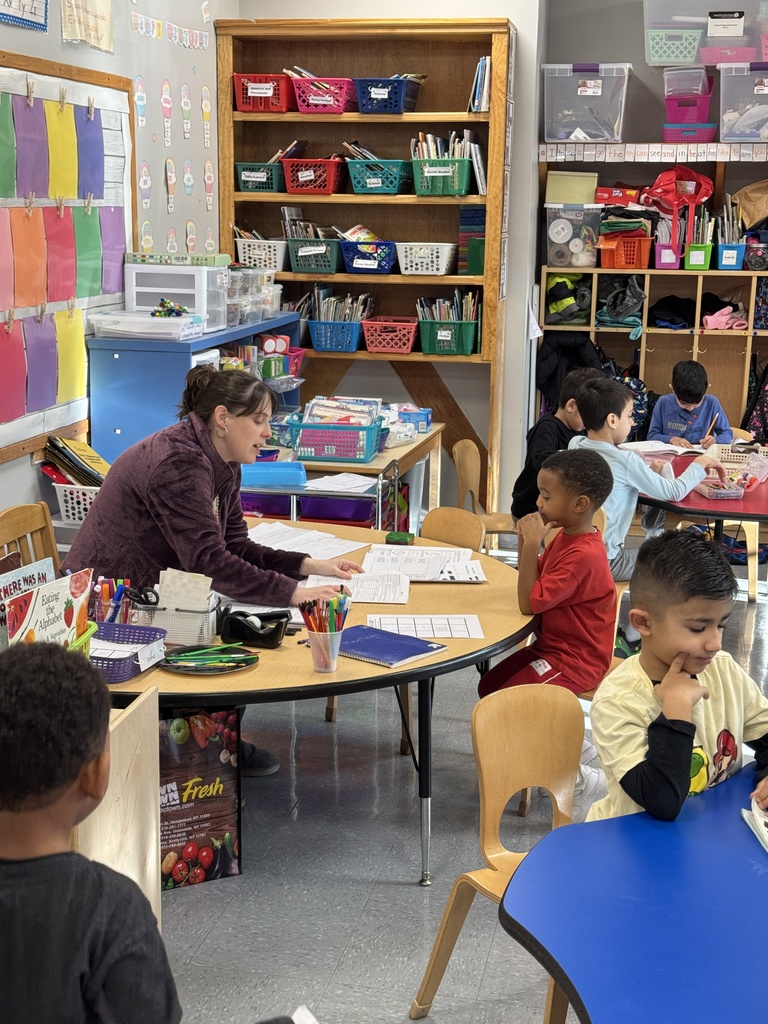
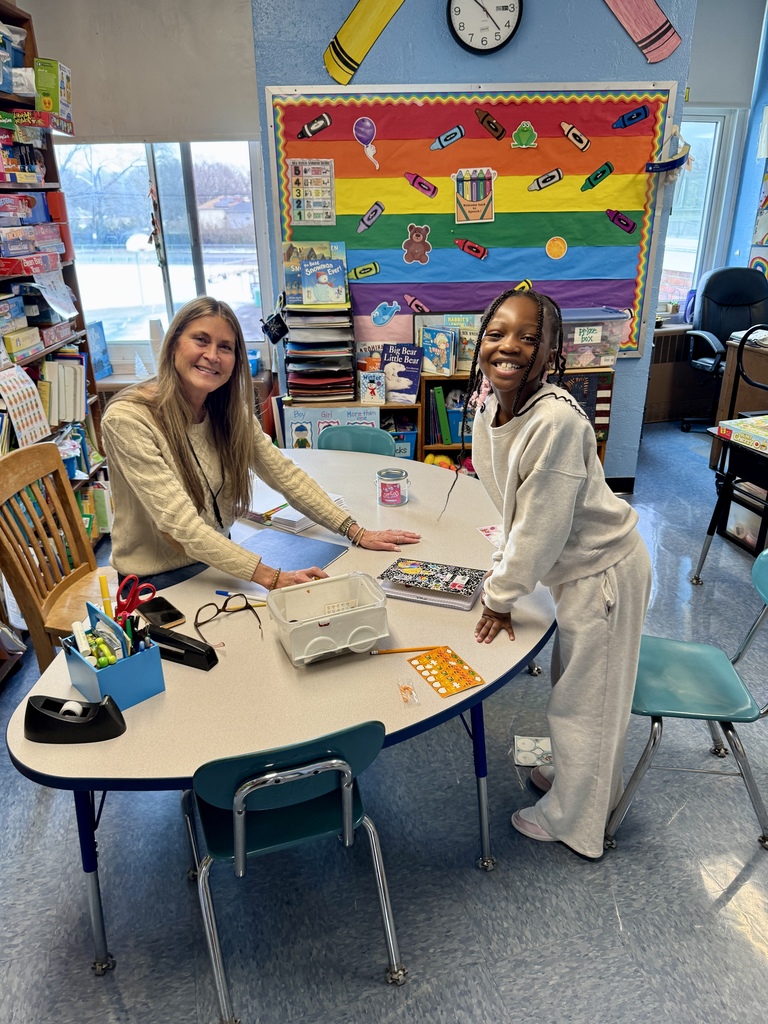
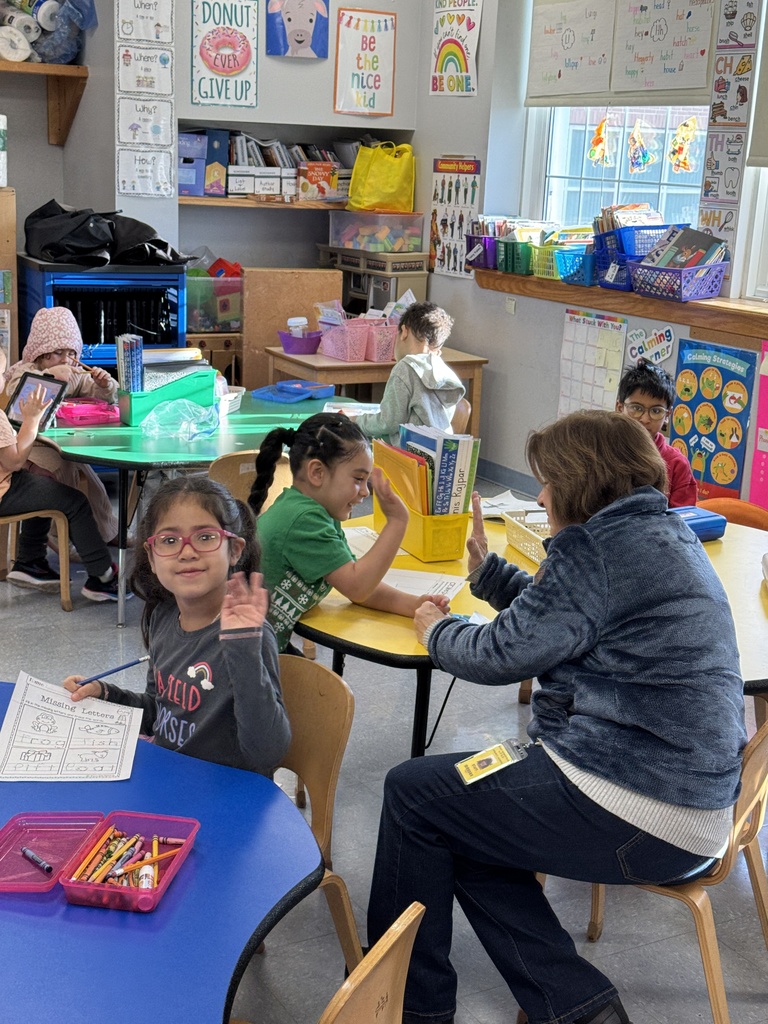
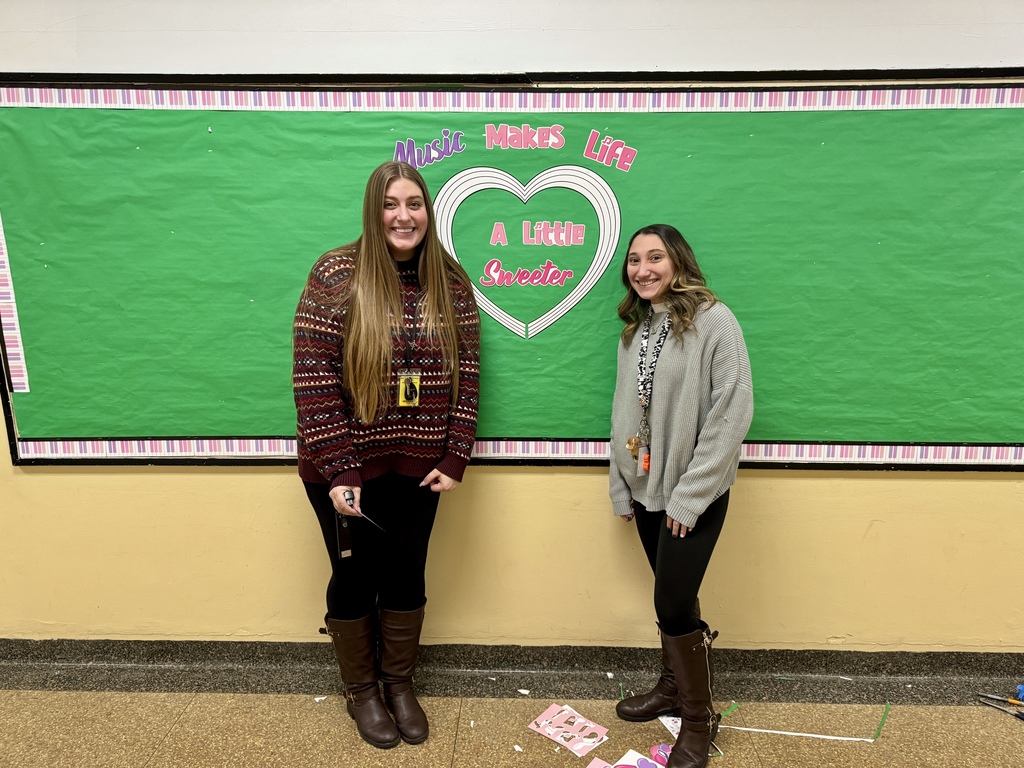
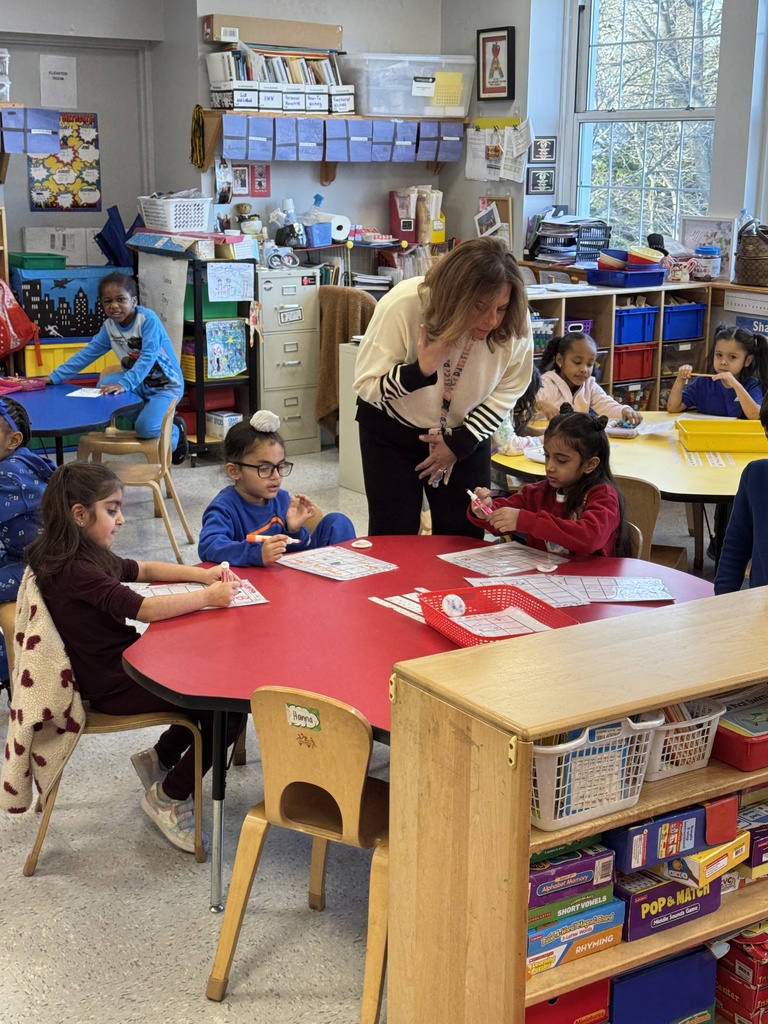
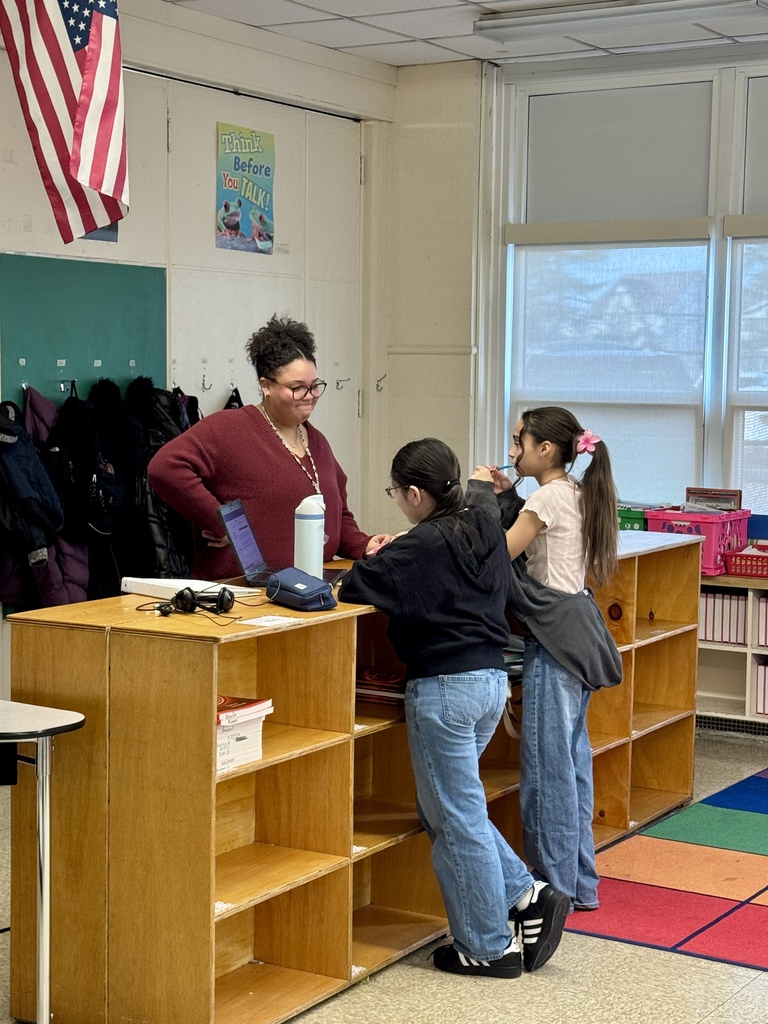
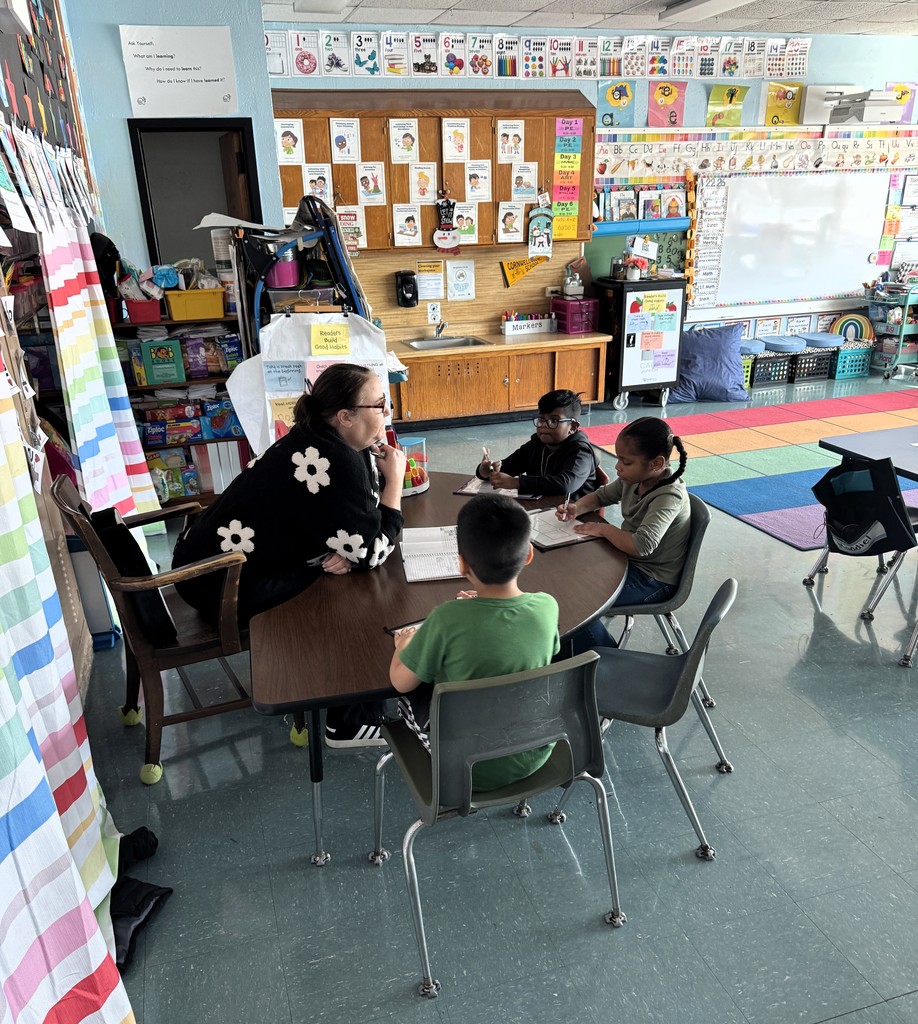
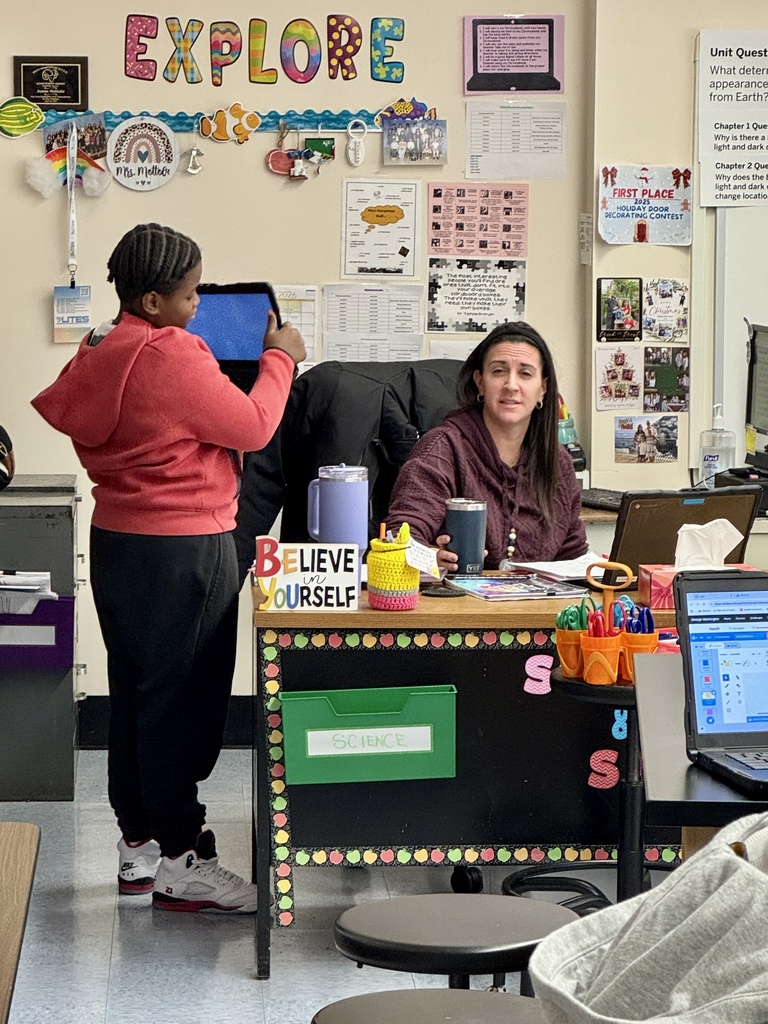
Join us Feb 2 at 8PM for "The Empowered Child" with Shimmy Trencher, LCSW! Learn about nurturing self-esteem & positive discipline. HANC Reinstein Campus, 240 Hempstead Ave. RSVP: dloike@hanc.org #WestHempstead #Parenting

Join us Feb 2 at 8PM for "The Empowered Child" with Shimmy Trencher, LCSW! Learn about nurturing self-esteem & positive discipline. HANC Reinstein Campus, 240 Hempstead Ave. RSVP: dloike@hanc.org #WestHempstead #Parenting

Welcome back! 🎒 We're excited to see everyone return on Monday, January 5th. Hope you had a wonderful break! Let's jump back in with energy and enthusiasm. Here's to new learning, friendships, and great moments ahead! #WHeRoseTogether
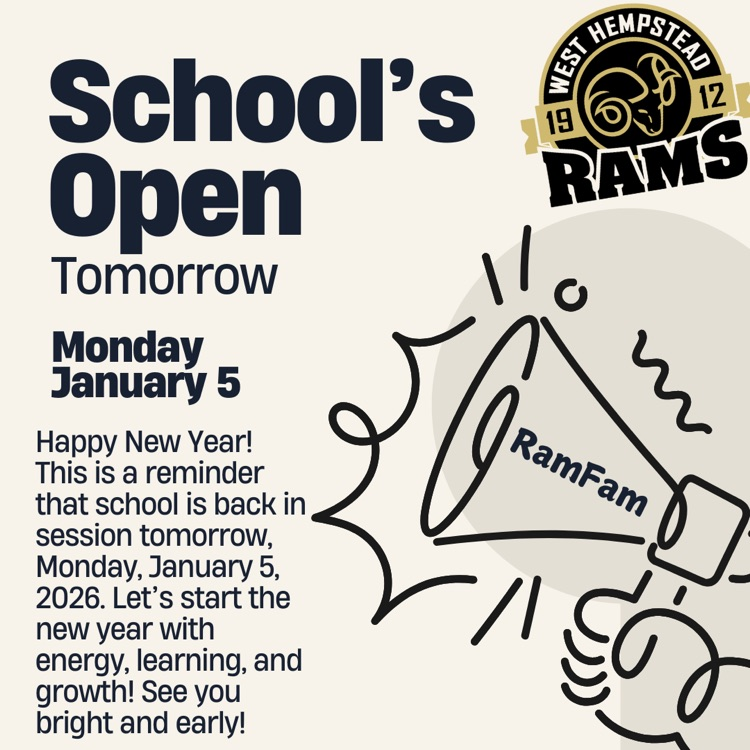
Happy New Year from the RamFam!
As WHe welcome 2026, WHe want to extend our gratitude to our incredible community. This past year has been filled with growth, achievement, and countless moments of learning and connection, made possible by the dedication of our students, families, staff, and community partners.
We’re excited about the opportunities that lie ahead in this new year. Together, we will continue to nurture curiosity, celebrate diversity, and empower every student to reach their full potential. Thank you for your ongoing support, collaboration, and commitment to excellence in education.
May this year bring renewed hope, continued success, and joy to you and your loved ones. Here’s to a WHonderful 2026 filled with learning, growth, and endless possibilities!
With appreciation and optimism,
WHUFSD
#WHeRiseTogether

It's the MOST wonderful time of the year!!! Everything good about our school and our students wrapped in a bow🎁🤩❤️💛🖤💛🖤 #RamFam #WHeRiseTogether @whufsdrams #RamPride
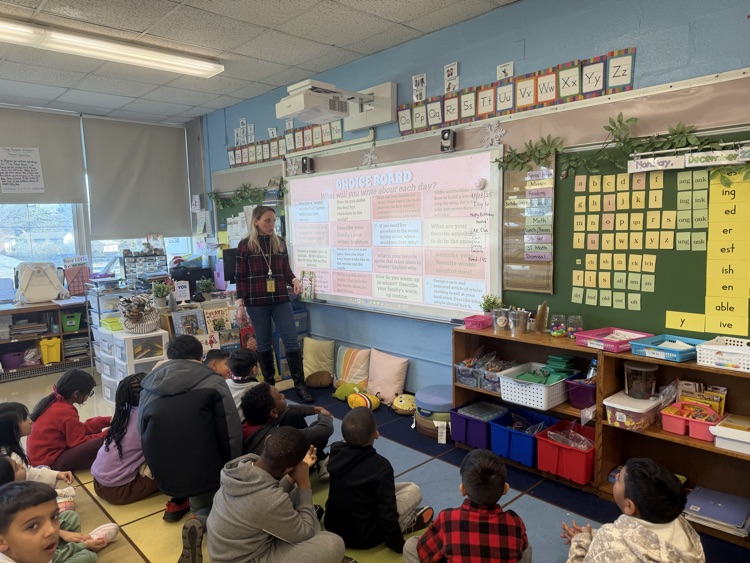
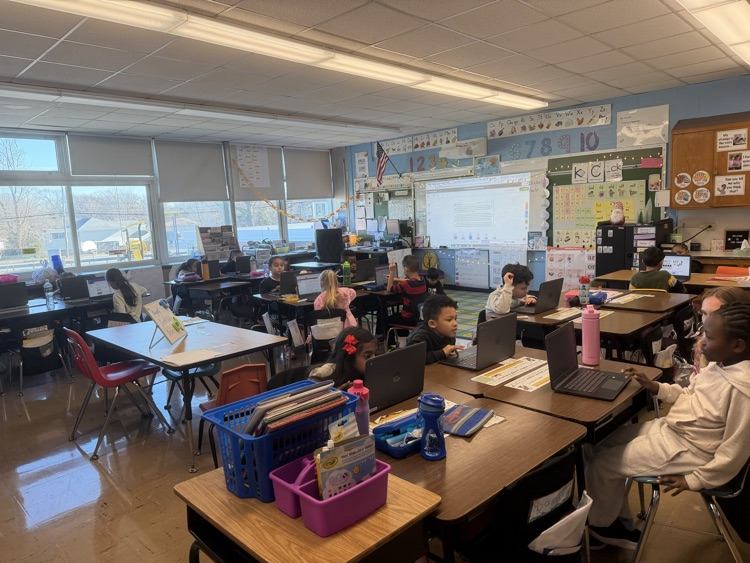
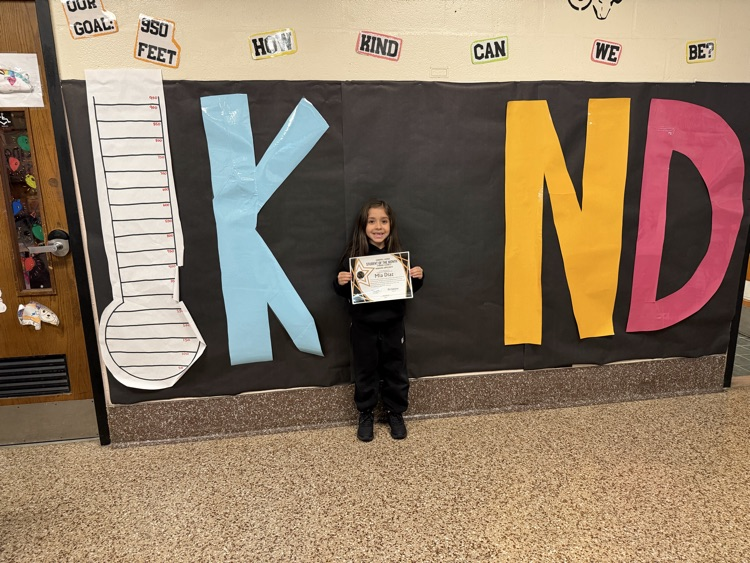
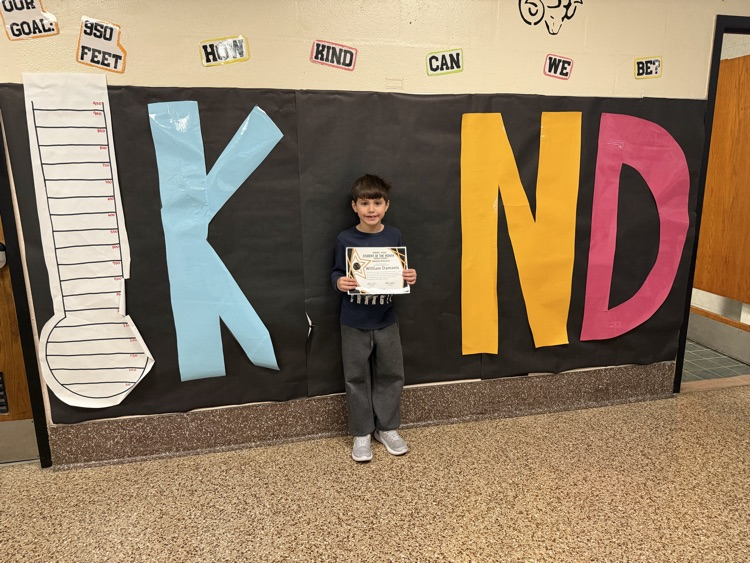
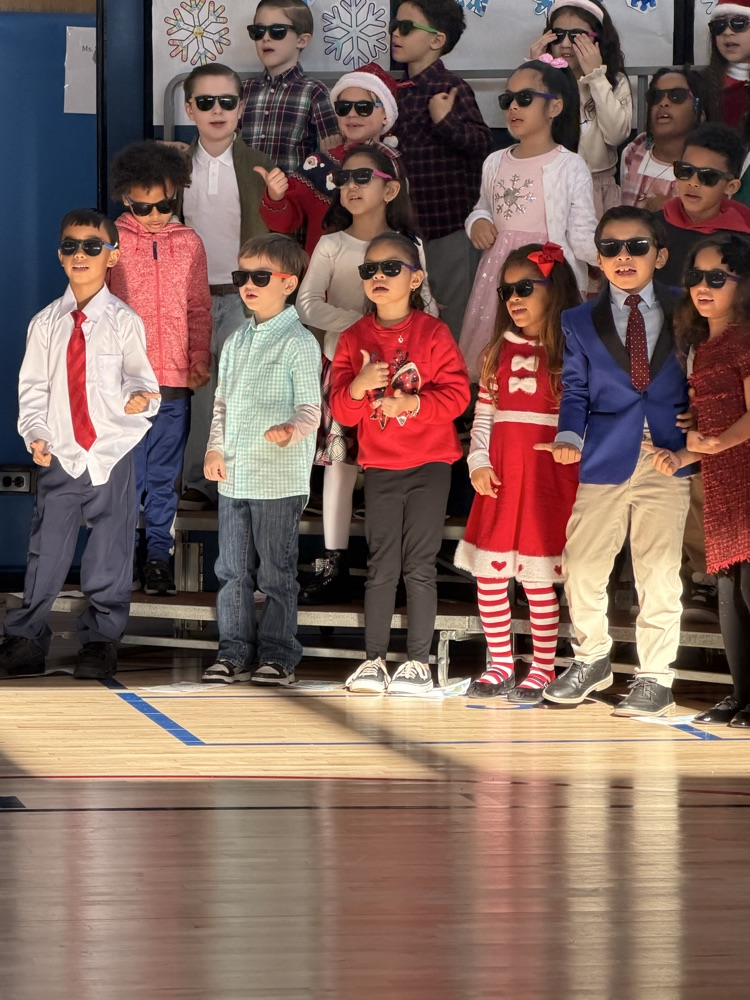
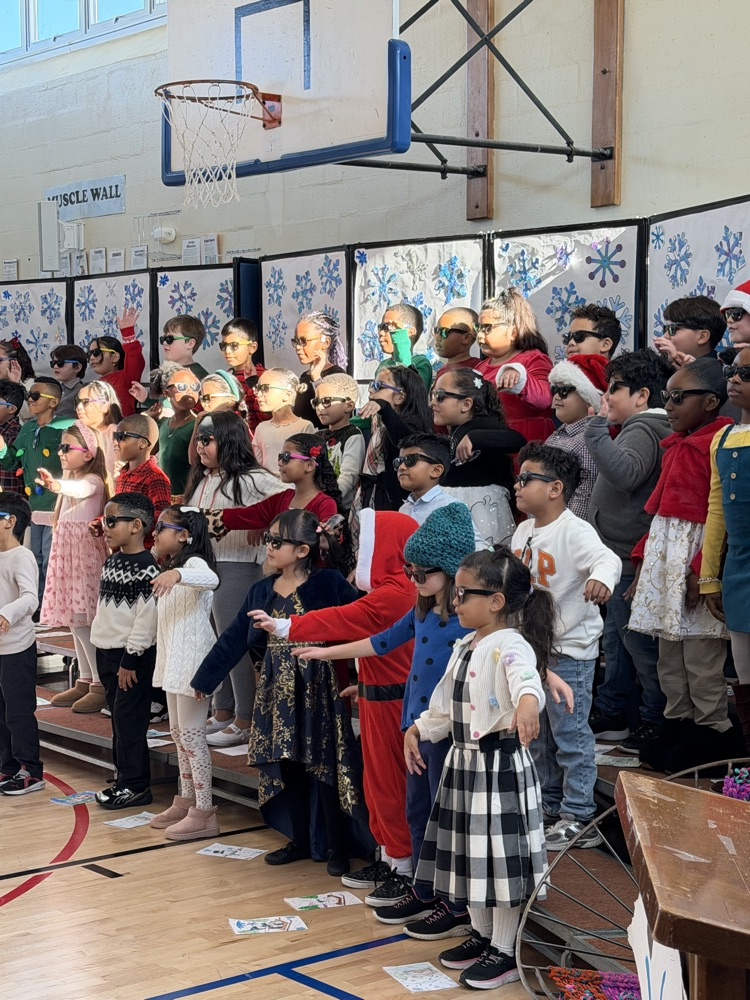
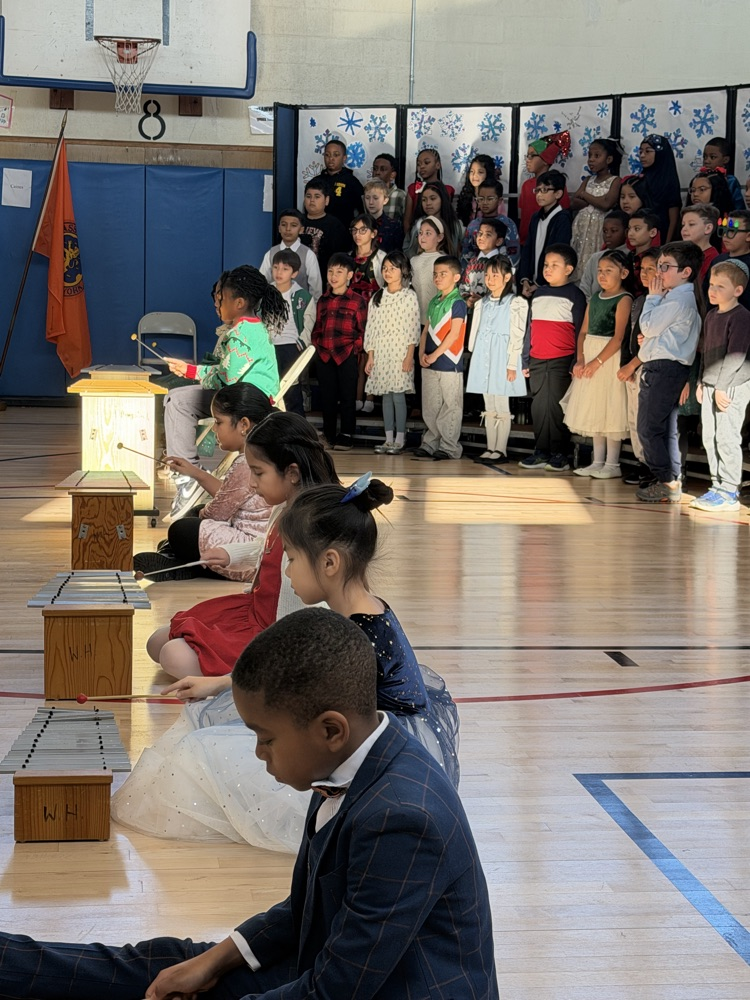
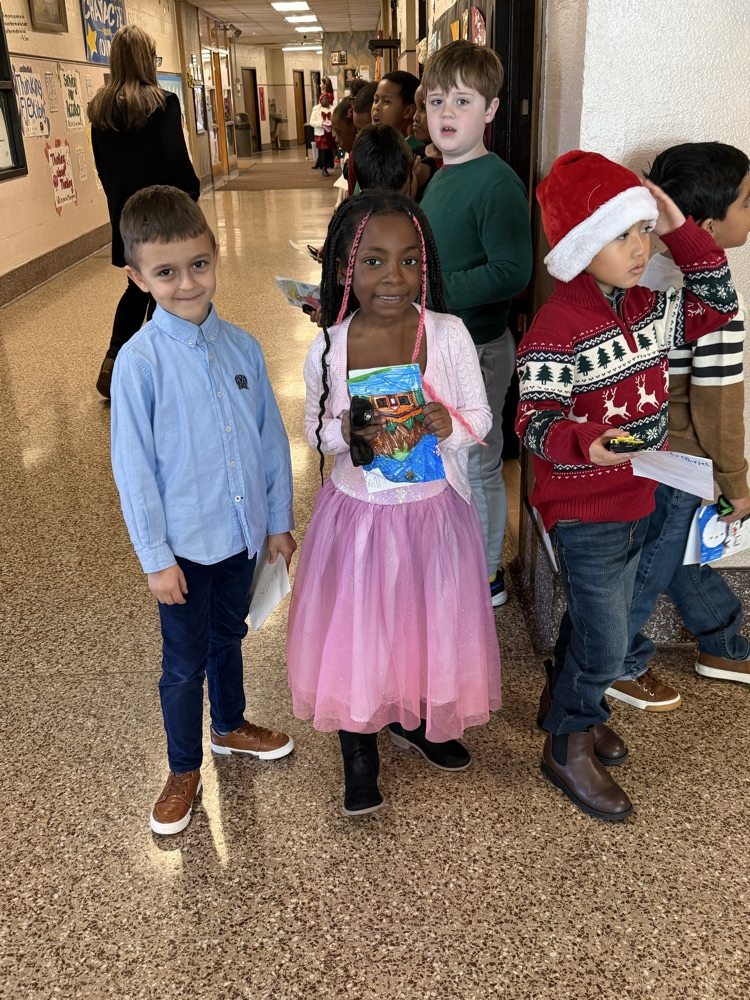
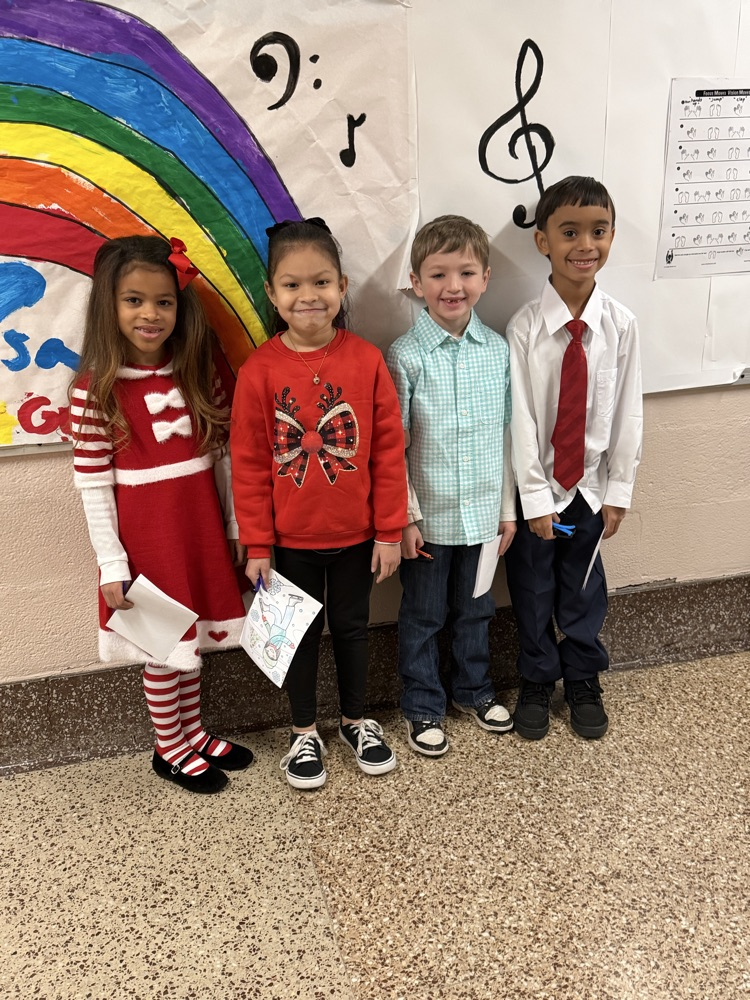
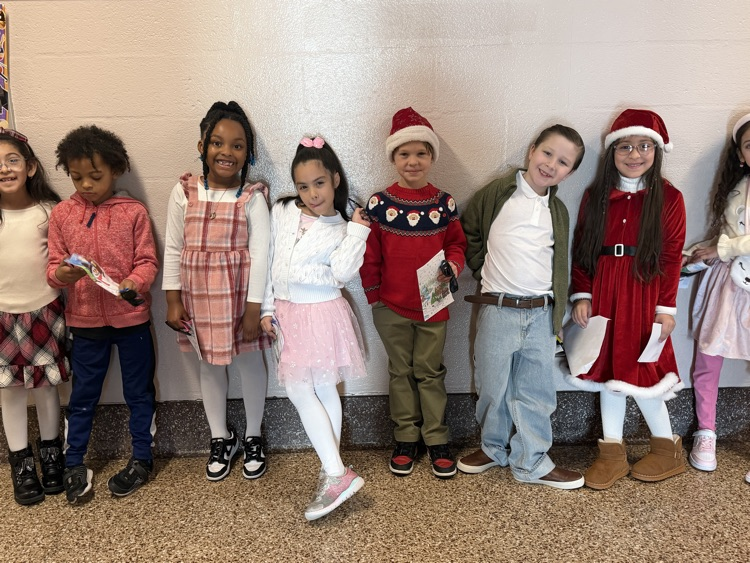
Learning in action! 📚✨ From choir performances to phonics practice, from small group instruction to collaborative learning in the hallway—our students are thriving! Every space is a place to grow. #WHerRiseTogether
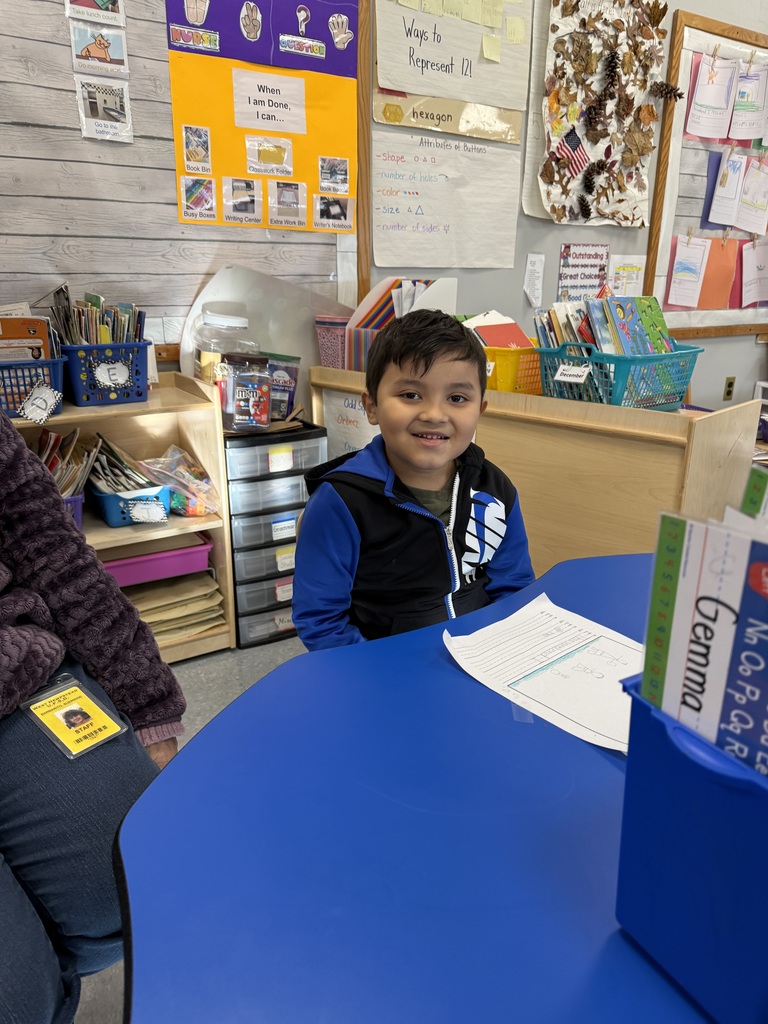
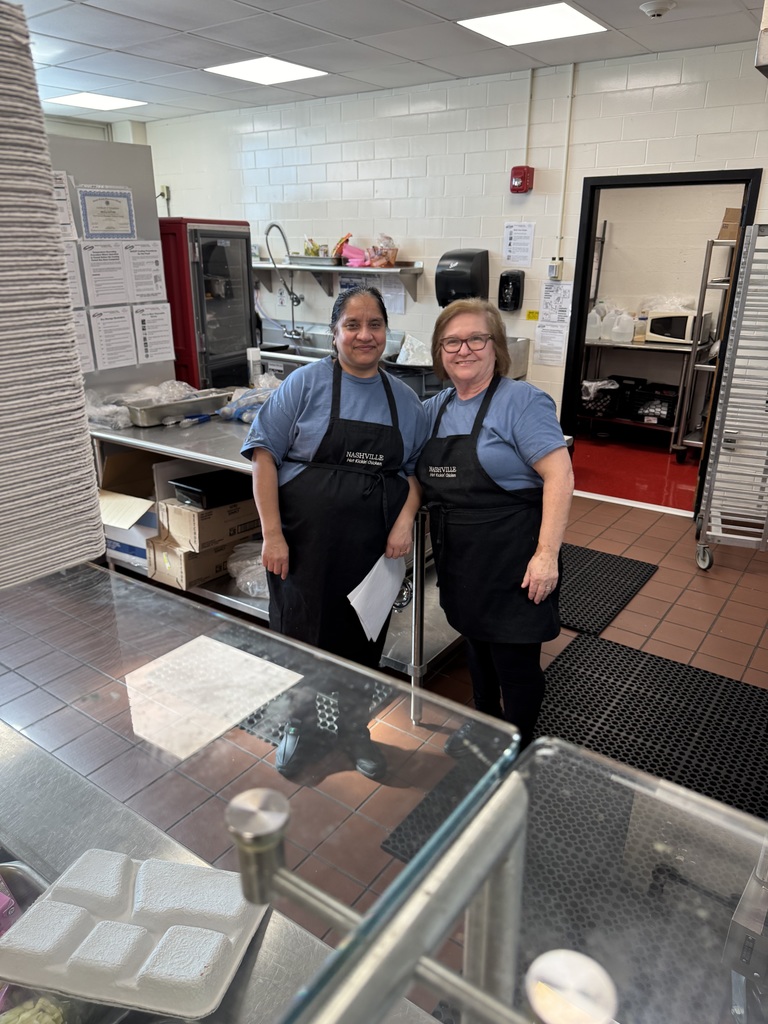
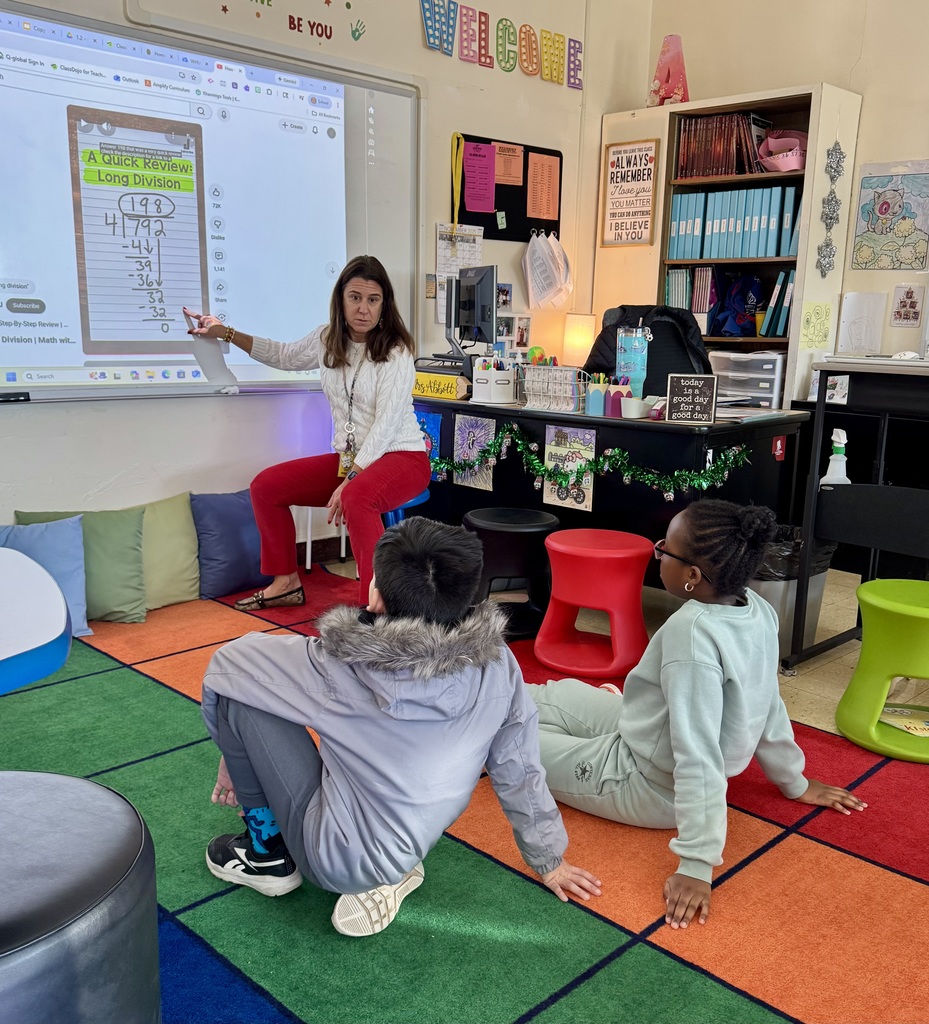
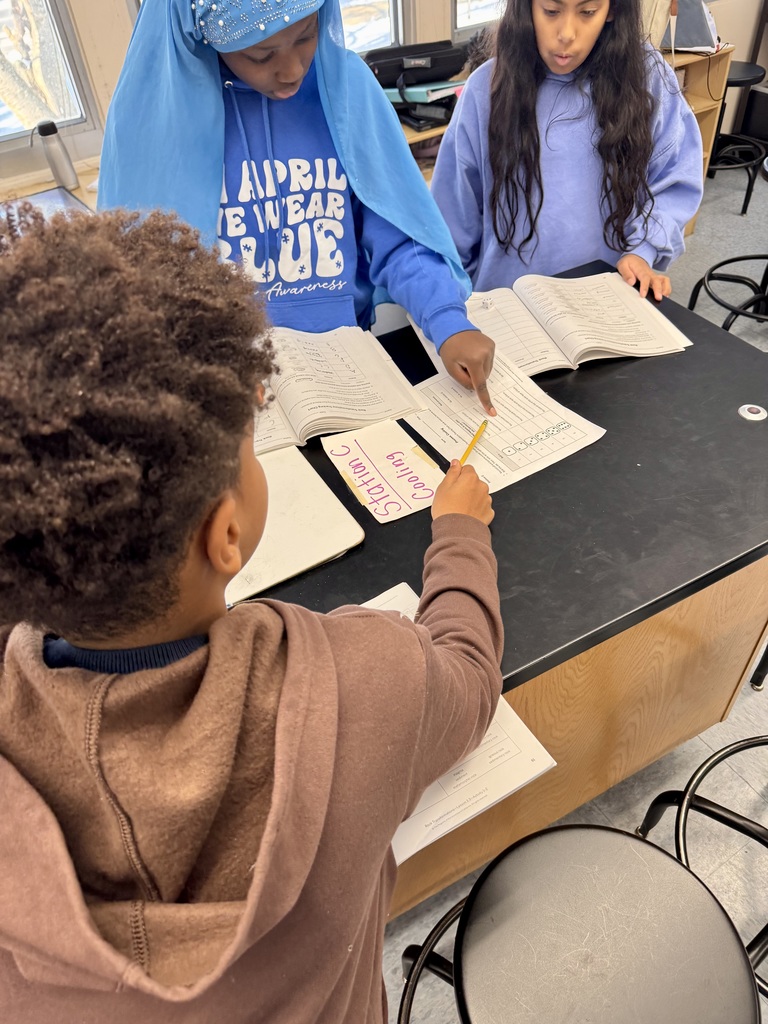
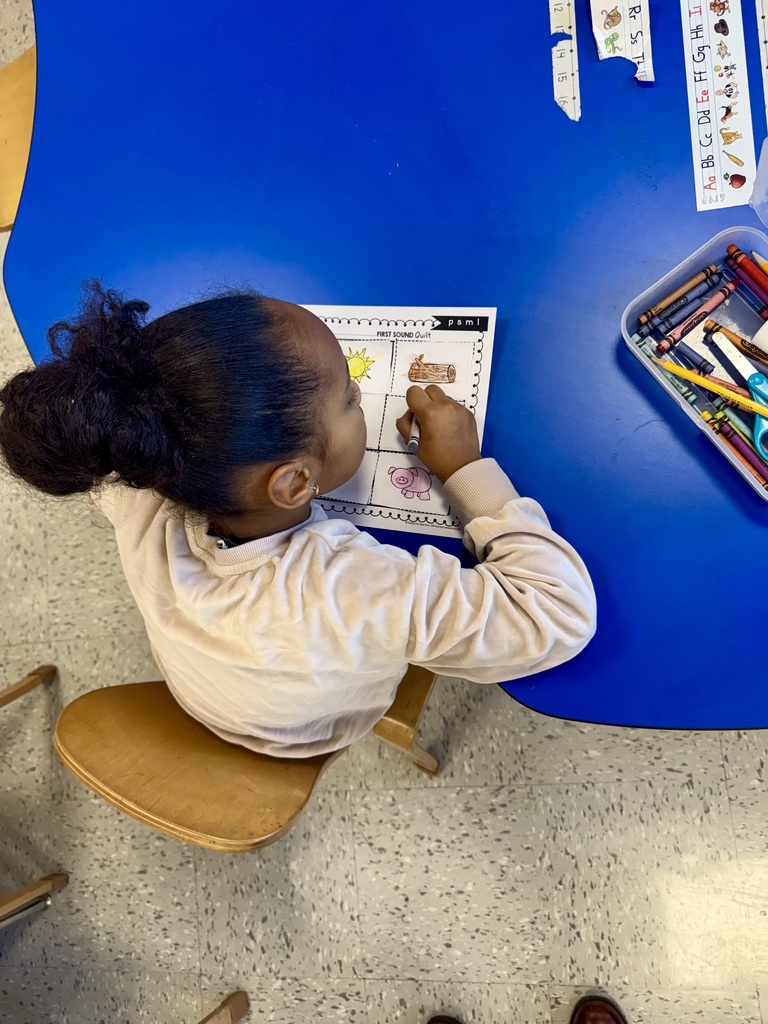
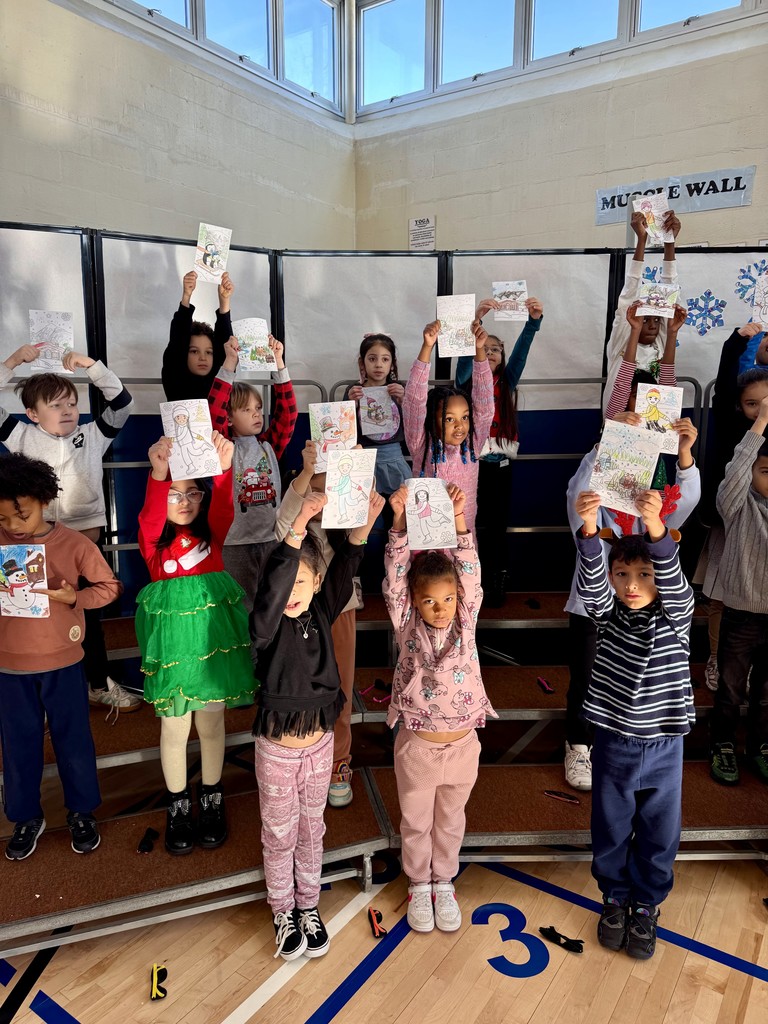
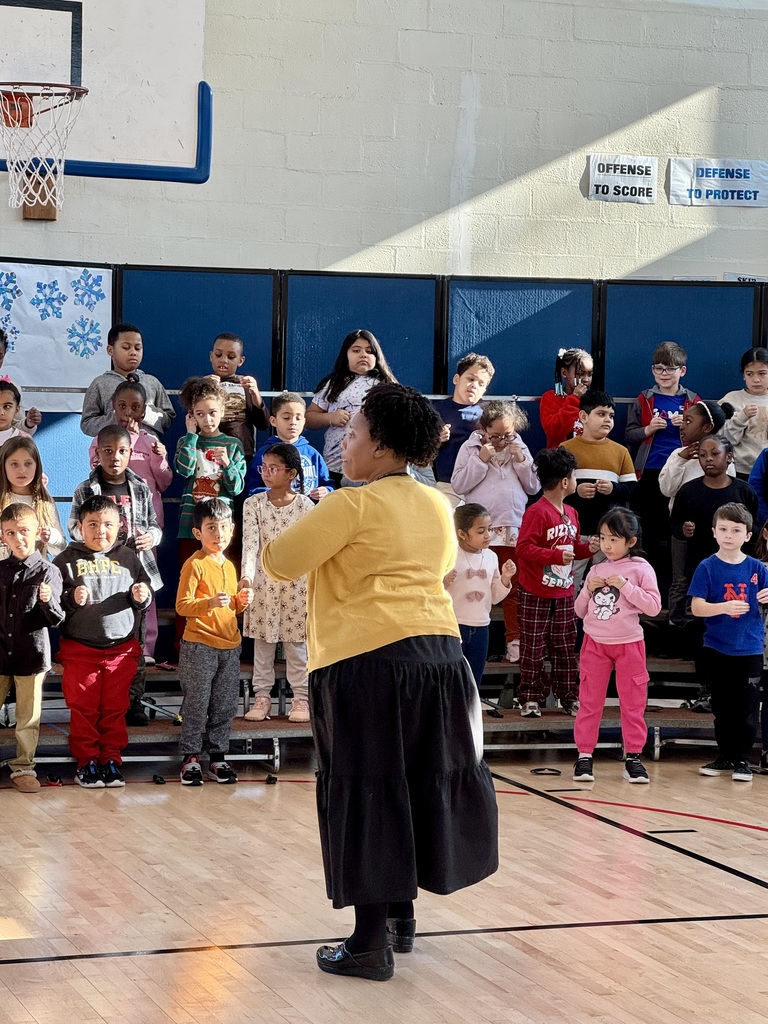
🕎 Happy Hanukkah to all celebrating the Festival of Lights! May these eight nights bring joy, hope, and brightness to your homes. We're grateful for our diverse community where we learn from and celebrate with one another. Chag Sameach! ✨

We're almost ready!!! So excited for our Winter Concert! 🎵 🎶🎹🎤❄️☃️🧤🧣☃️🧤❄️🎶🎼🎵🥁🎤#RamPride #WHe @whufsdrams
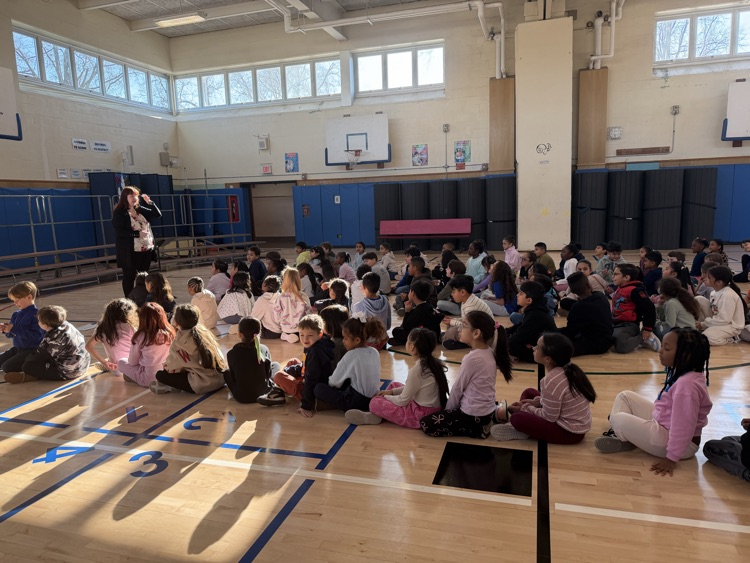
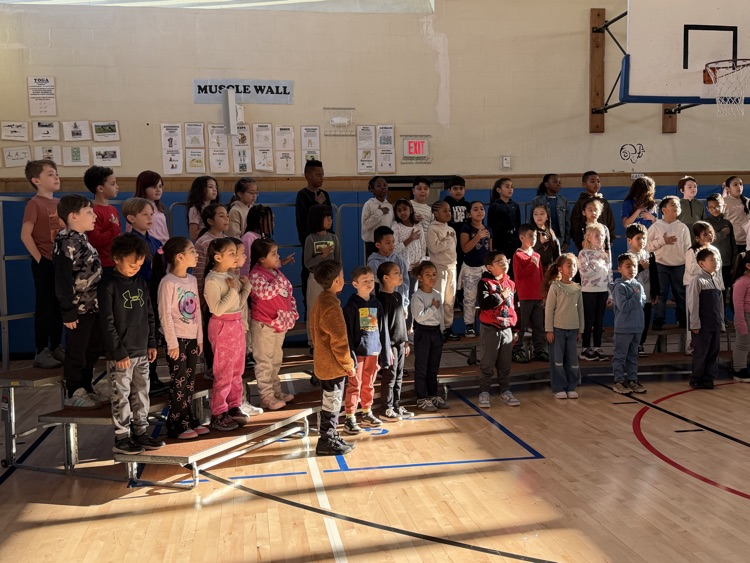
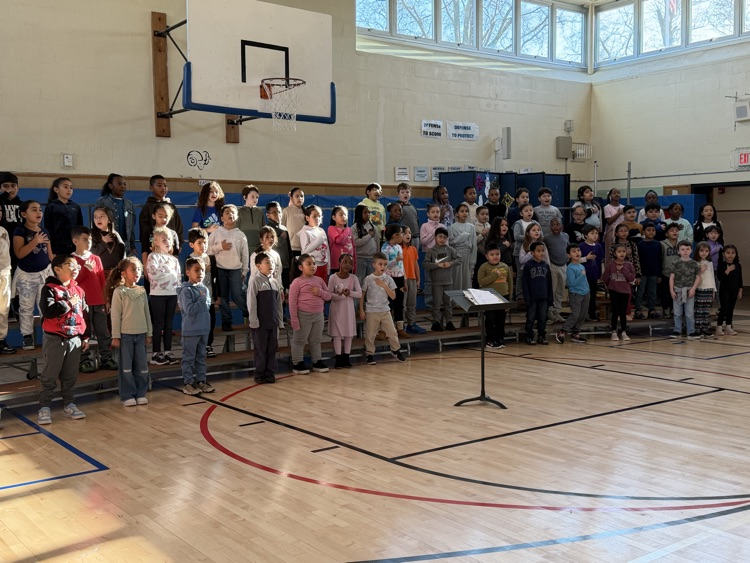
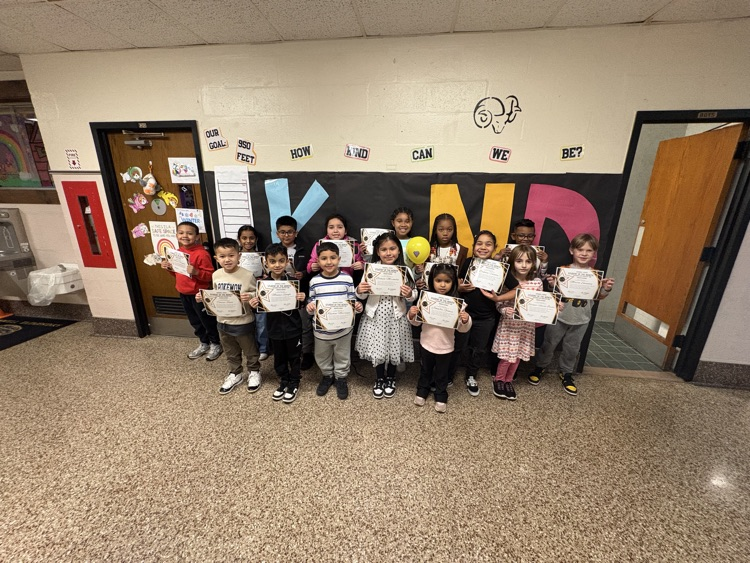
📚 Our December Literacy Newsletter is here! Discover how our students are growing as readers & writers, plus simple ways to build literacy at home this holiday season. From cozy read-alouds to recipe reading—every moment counts! #WHeRiseTogether https://tinyurl.com/56zyp8n6
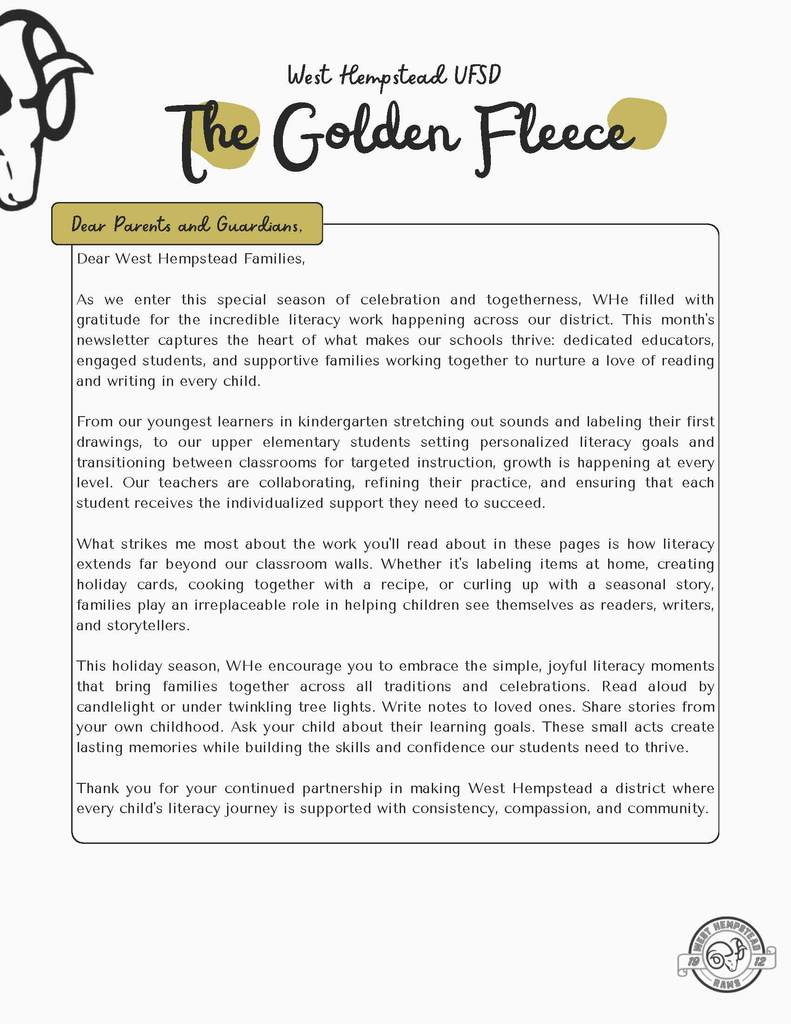
Closing the Vocabulary Gap Through Independent Reading
As educators, we talk a lot about achievement gaps and opportunity gaps. But underlying many of these is something more fundamental: the vocabulary gap.
Research consistently shows that vocabulary knowledge in early grades is one of the strongest predictors of reading comprehension and academic achievement in later years. Students with larger vocabularies comprehend more, learn faster, and achieve higher outcomes across every subject area.
So how do we build vocabulary? Not primarily through vocabulary lists and weekly quizzes, though those have their place. The most effective vocabulary instruction happens almost invisibly—through wide, voluminous reading.
When students read extensively, they encounter words repeatedly in varied contexts. They develop an intuitive sense of word meanings, connotations, and appropriate usage. They build not just vocabulary, but the sophisticated language comprehension that separates strong readers from struggling ones.
The problem? Many of our students simply aren't reading enough. The average American student reads only 10-15 minutes per day outside of school. That's not enough exposure to build the vocabulary necessary for academic success.
Here's what makes a difference:
· Prioritize reading volume: Ten books at the right level beats one frustratingly difficult book
· Honor student choice: A book they'll actually finish beats a "better" book they'll abandon
· Count all reading: Magazines, graphic novels, audiobooks, online articles—it all contributes
· Create reading time: Make it non-negotiable, like brushing teeth
· Model reading: Let your children see you read for pleasure
This week, help your child set a reading goal—not based on difficulty, but on volume. Twenty minutes daily, every day. Track it. Celebrate it. Protect it from other activities.
Their vocabulary—and their future—will thank you.
"Once you learn to read, you will be forever free." - Frederick Douglass
Let's give every child this freedom through the gift of words.
#WHeRiseTogether#VocabularyDevelopment #ReadingVolume #LiteracyForAl
As educators, we talk a lot about achievement gaps and opportunity gaps. But underlying many of these is something more fundamental: the vocabulary gap.
Research consistently shows that vocabulary knowledge in early grades is one of the strongest predictors of reading comprehension and academic achievement in later years. Students with larger vocabularies comprehend more, learn faster, and achieve higher outcomes across every subject area.
So how do we build vocabulary? Not primarily through vocabulary lists and weekly quizzes, though those have their place. The most effective vocabulary instruction happens almost invisibly—through wide, voluminous reading.
When students read extensively, they encounter words repeatedly in varied contexts. They develop an intuitive sense of word meanings, connotations, and appropriate usage. They build not just vocabulary, but the sophisticated language comprehension that separates strong readers from struggling ones.
The problem? Many of our students simply aren't reading enough. The average American student reads only 10-15 minutes per day outside of school. That's not enough exposure to build the vocabulary necessary for academic success.
Here's what makes a difference:
· Prioritize reading volume: Ten books at the right level beats one frustratingly difficult book
· Honor student choice: A book they'll actually finish beats a "better" book they'll abandon
· Count all reading: Magazines, graphic novels, audiobooks, online articles—it all contributes
· Create reading time: Make it non-negotiable, like brushing teeth
· Model reading: Let your children see you read for pleasure
This week, help your child set a reading goal—not based on difficulty, but on volume. Twenty minutes daily, every day. Track it. Celebrate it. Protect it from other activities.
Their vocabulary—and their future—will thank you.
"Once you learn to read, you will be forever free." - Frederick Douglass
Let's give every child this freedom through the gift of words.
#WHeRiseTogether#VocabularyDevelopment #ReadingVolume #LiteracyForAl
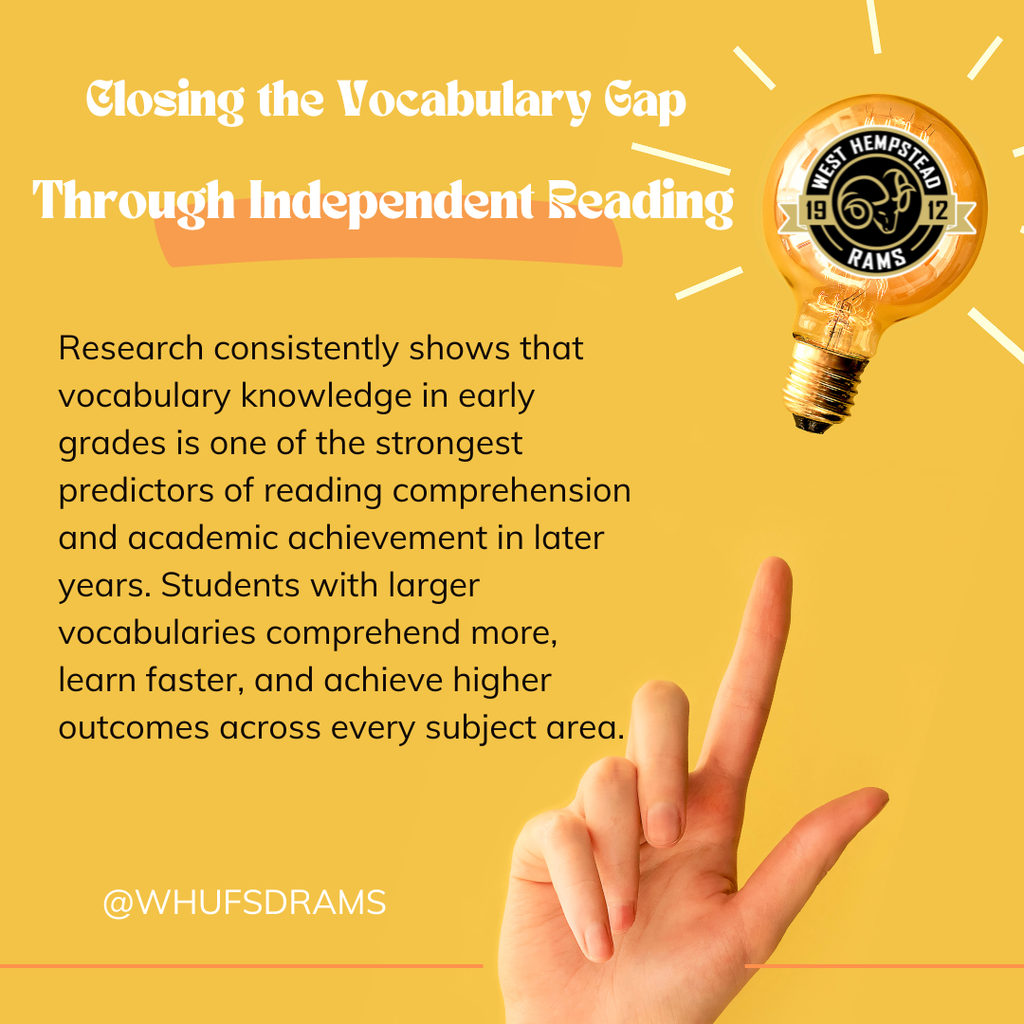
As educators, we talk a lot about achievement gaps and opportunity gaps. But underlying many of these is something more fundamental: the vocabulary gap.
Research consistently shows that vocabulary knowledge in early grades is one of the strongest predictors of reading comprehension and academic achievement in later years. Students with larger vocabularies comprehend more, learn faster, and achieve higher outcomes across every subject area.
So how do we build vocabulary? Not primarily through vocabulary lists and weekly quizzes, though those have their place. The most effective vocabulary instruction happens almost invisibly—through wide, voluminous reading.
When students read extensively, they encounter words repeatedly in varied contexts. They develop an intuitive sense of word meanings, connotations, and appropriate usage. They build not just vocabulary, but the sophisticated language comprehension that separates strong readers from struggling ones.
The problem? Many of our students simply aren't reading enough. The average American student reads only 10-15 minutes per day outside of school. That's not enough exposure to build the vocabulary necessary for academic success.
Here's what makes a difference:
· Prioritize reading volume: Ten books at the right level beats one frustratingly difficult book
· Honor student choice: A book they'll actually finish beats a "better" book they'll abandon
· Count all reading: Magazines, graphic novels, audiobooks, online articles—it all contributes
· Create reading time: Make it non-negotiable, like brushing teeth
· Model reading: Let your children see you read for pleasure
This week, help your child set a reading goal—not based on difficulty, but on volume. Twenty minutes daily, every day. Track it. Celebrate it. Protect it from other activities.
Their vocabulary—and their future—will thank you.
"Once you learn to read, you will be forever free." - Frederick Douglass
Let's give every child this freedom through the gift of words.
#WHeRiseTogether#VocabularyDevelopment #ReadingVolume #LiteracyForAl
Research consistently shows that vocabulary knowledge in early grades is one of the strongest predictors of reading comprehension and academic achievement in later years. Students with larger vocabularies comprehend more, learn faster, and achieve higher outcomes across every subject area.
So how do we build vocabulary? Not primarily through vocabulary lists and weekly quizzes, though those have their place. The most effective vocabulary instruction happens almost invisibly—through wide, voluminous reading.
When students read extensively, they encounter words repeatedly in varied contexts. They develop an intuitive sense of word meanings, connotations, and appropriate usage. They build not just vocabulary, but the sophisticated language comprehension that separates strong readers from struggling ones.
The problem? Many of our students simply aren't reading enough. The average American student reads only 10-15 minutes per day outside of school. That's not enough exposure to build the vocabulary necessary for academic success.
Here's what makes a difference:
· Prioritize reading volume: Ten books at the right level beats one frustratingly difficult book
· Honor student choice: A book they'll actually finish beats a "better" book they'll abandon
· Count all reading: Magazines, graphic novels, audiobooks, online articles—it all contributes
· Create reading time: Make it non-negotiable, like brushing teeth
· Model reading: Let your children see you read for pleasure
This week, help your child set a reading goal—not based on difficulty, but on volume. Twenty minutes daily, every day. Track it. Celebrate it. Protect it from other activities.
Their vocabulary—and their future—will thank you.
"Once you learn to read, you will be forever free." - Frederick Douglass
Let's give every child this freedom through the gift of words.
#WHeRiseTogether#VocabularyDevelopment #ReadingVolume #LiteracyForAl

Closing the Vocabulary Gap Through Independent Reading
As educators, we talk a lot about achievement gaps and opportunity gaps. But underlying many of these is something more fundamental: the vocabulary gap.
Research consistently shows that vocabulary knowledge in early grades is one of the strongest predictors of reading comprehension and academic achievement in later years. Students with larger vocabularies comprehend more, learn faster, and achieve higher outcomes across every subject area.
So how do we build vocabulary? Not primarily through vocabulary lists and weekly quizzes, though those have their place. The most effective vocabulary instruction happens almost invisibly—through wide, voluminous reading.
When students read extensively, they encounter words repeatedly in varied contexts. They develop an intuitive sense of word meanings, connotations, and appropriate usage. They build not just vocabulary, but the sophisticated language comprehension that separates strong readers from struggling ones.
The problem? Many of our students simply aren't reading enough. The average American student reads only 10-15 minutes per day outside of school. That's not enough exposure to build the vocabulary necessary for academic success.
Here's what makes a difference:
· Prioritize reading volume: Ten books at the right level beats one frustratingly difficult book
· Honor student choice: A book they'll actually finish beats a "better" book they'll abandon
· Count all reading: Magazines, graphic novels, audiobooks, online articles—it all contributes
· Create reading time: Make it non-negotiable, like brushing teeth
· Model reading: Let your children see you read for pleasure
This week, help your child set a reading goal—not based on difficulty, but on volume. Twenty minutes daily, every day. Track it. Celebrate it. Protect it from other activities.
Their vocabulary—and their future—will thank you.
"Once you learn to read, you will be forever free." - Frederick Douglass
Let's give every child this freedom through the gift of words.
#WHeRiseTogether#VocabularyDevelopment #ReadingVolume #LiteracyForAll #EducationLeadership
As educators, we talk a lot about achievement gaps and opportunity gaps. But underlying many of these is something more fundamental: the vocabulary gap.
Research consistently shows that vocabulary knowledge in early grades is one of the strongest predictors of reading comprehension and academic achievement in later years. Students with larger vocabularies comprehend more, learn faster, and achieve higher outcomes across every subject area.
So how do we build vocabulary? Not primarily through vocabulary lists and weekly quizzes, though those have their place. The most effective vocabulary instruction happens almost invisibly—through wide, voluminous reading.
When students read extensively, they encounter words repeatedly in varied contexts. They develop an intuitive sense of word meanings, connotations, and appropriate usage. They build not just vocabulary, but the sophisticated language comprehension that separates strong readers from struggling ones.
The problem? Many of our students simply aren't reading enough. The average American student reads only 10-15 minutes per day outside of school. That's not enough exposure to build the vocabulary necessary for academic success.
Here's what makes a difference:
· Prioritize reading volume: Ten books at the right level beats one frustratingly difficult book
· Honor student choice: A book they'll actually finish beats a "better" book they'll abandon
· Count all reading: Magazines, graphic novels, audiobooks, online articles—it all contributes
· Create reading time: Make it non-negotiable, like brushing teeth
· Model reading: Let your children see you read for pleasure
This week, help your child set a reading goal—not based on difficulty, but on volume. Twenty minutes daily, every day. Track it. Celebrate it. Protect it from other activities.
Their vocabulary—and their future—will thank you.
"Once you learn to read, you will be forever free." - Frederick Douglass
Let's give every child this freedom through the gift of words.
#WHeRiseTogether#VocabularyDevelopment #ReadingVolume #LiteracyForAll #EducationLeadership

